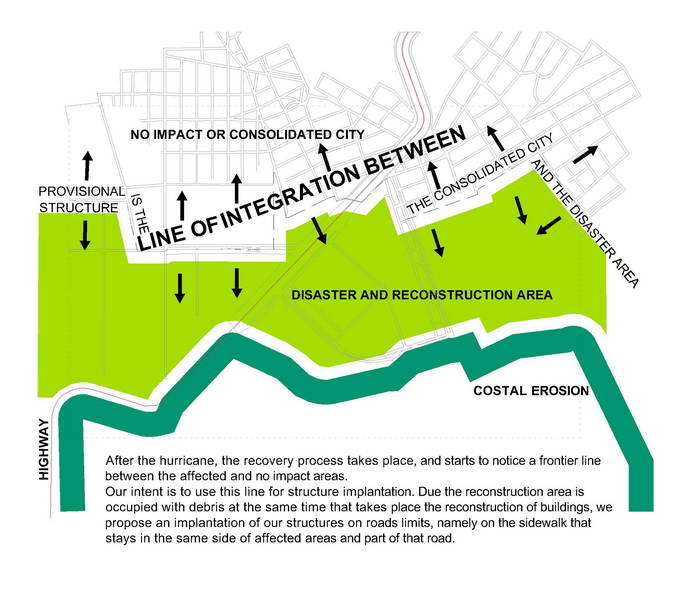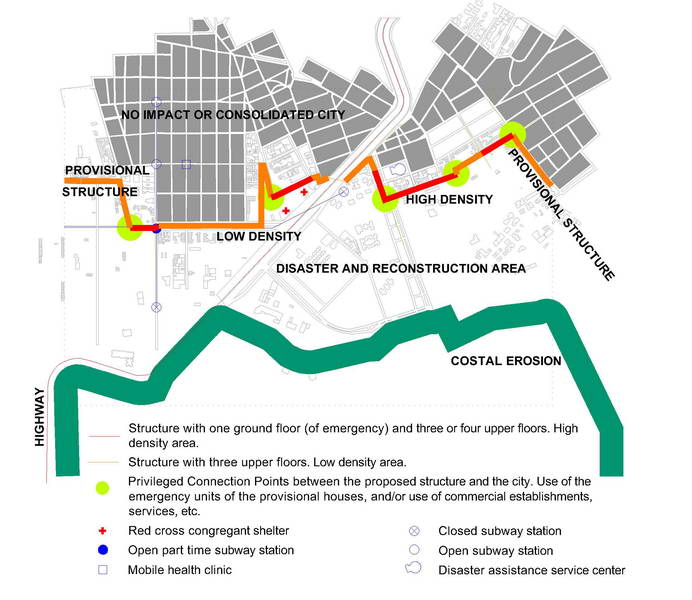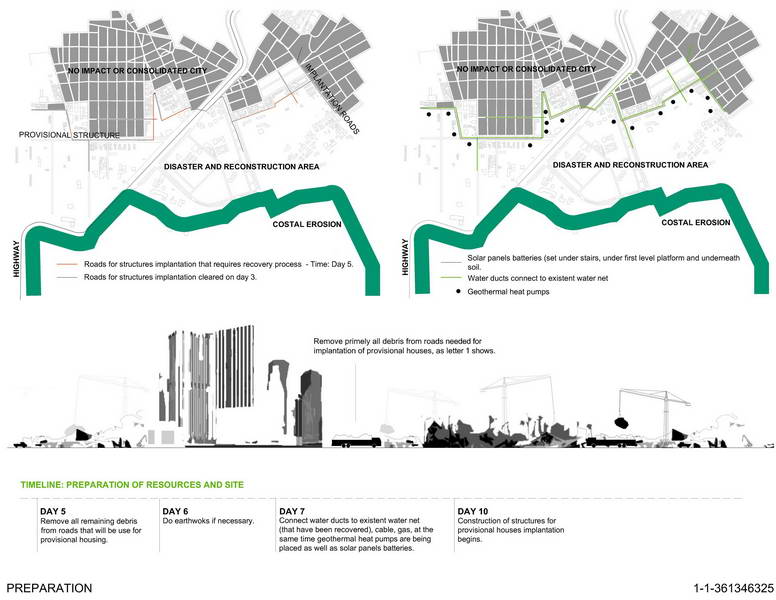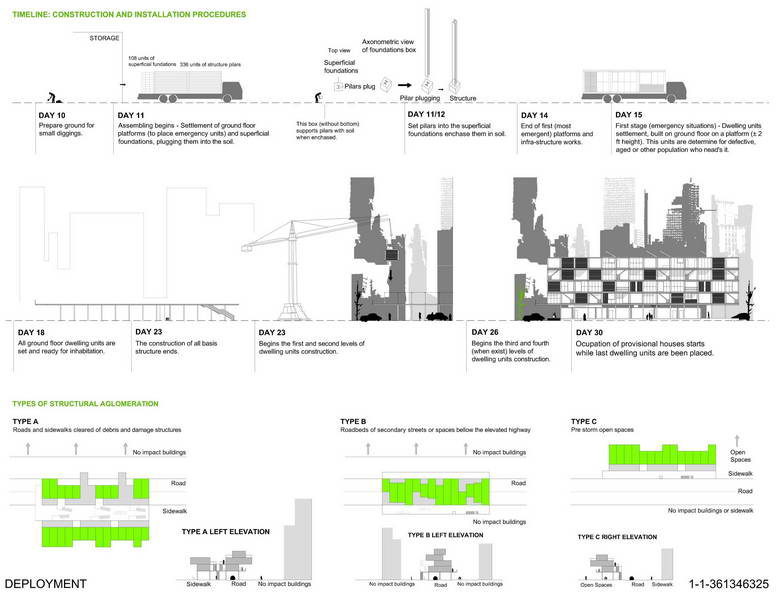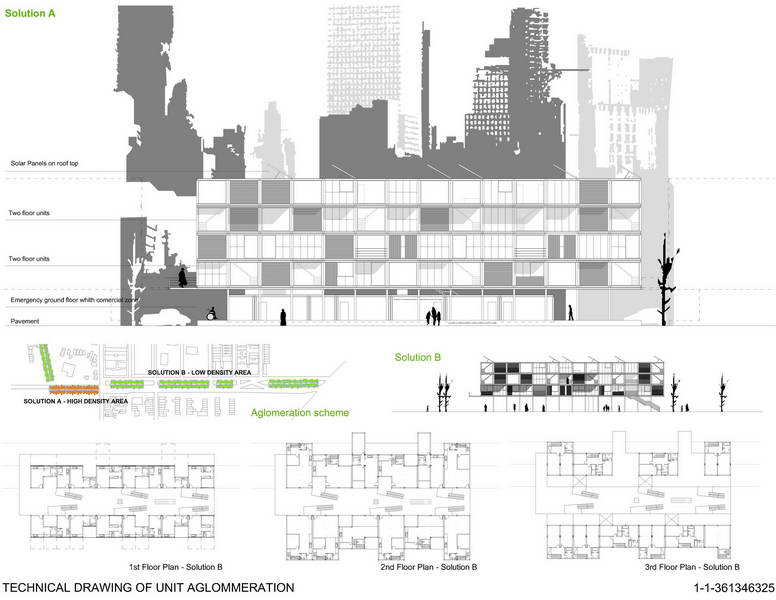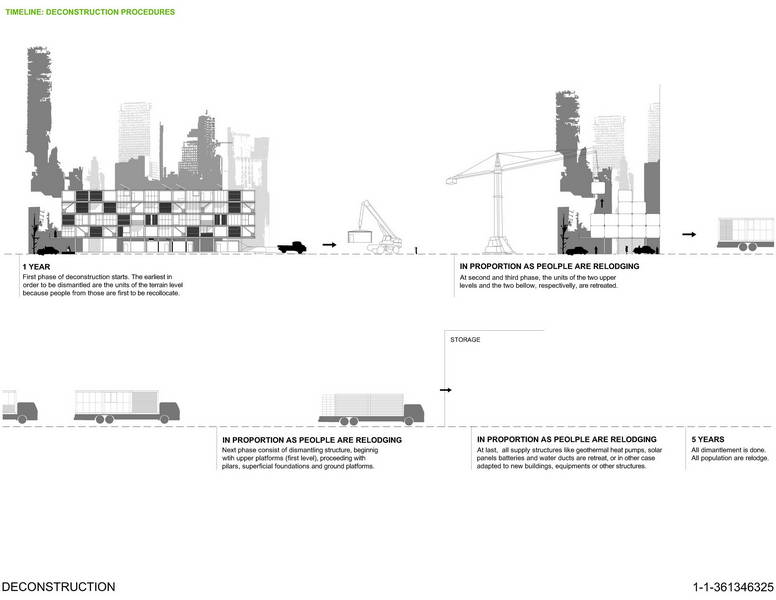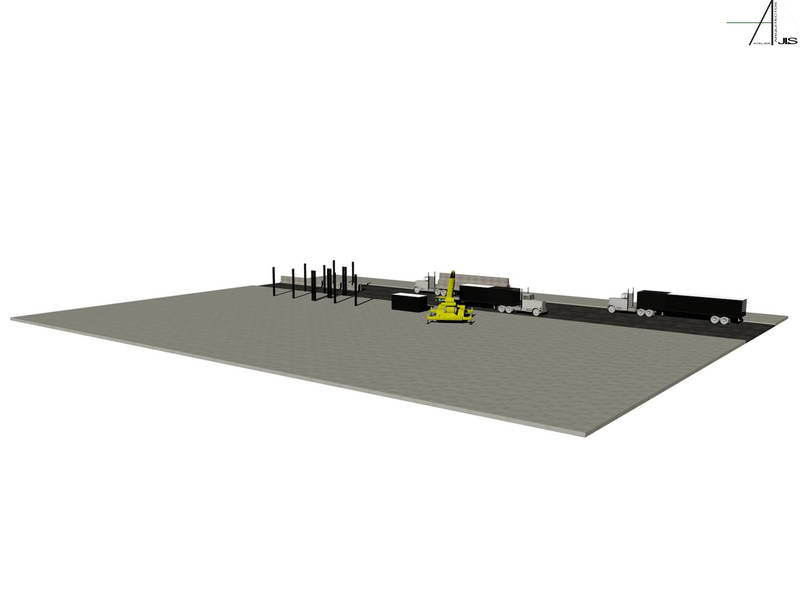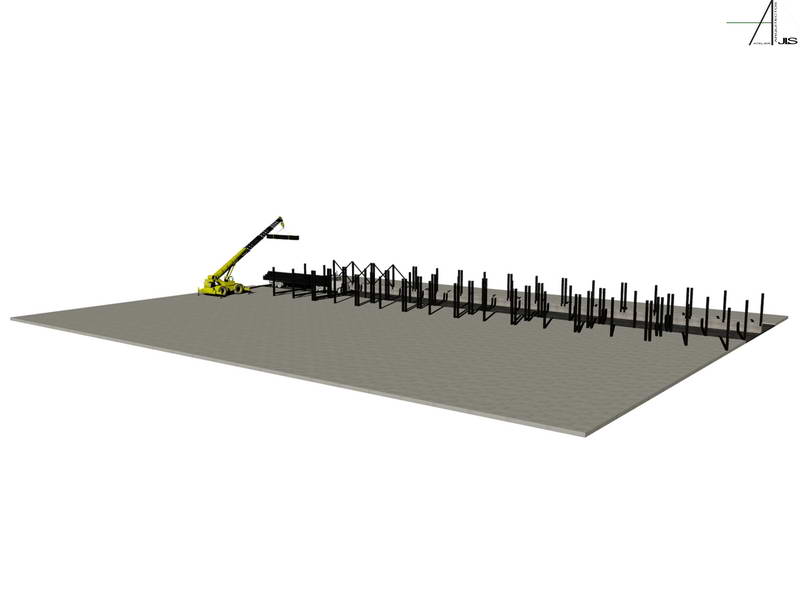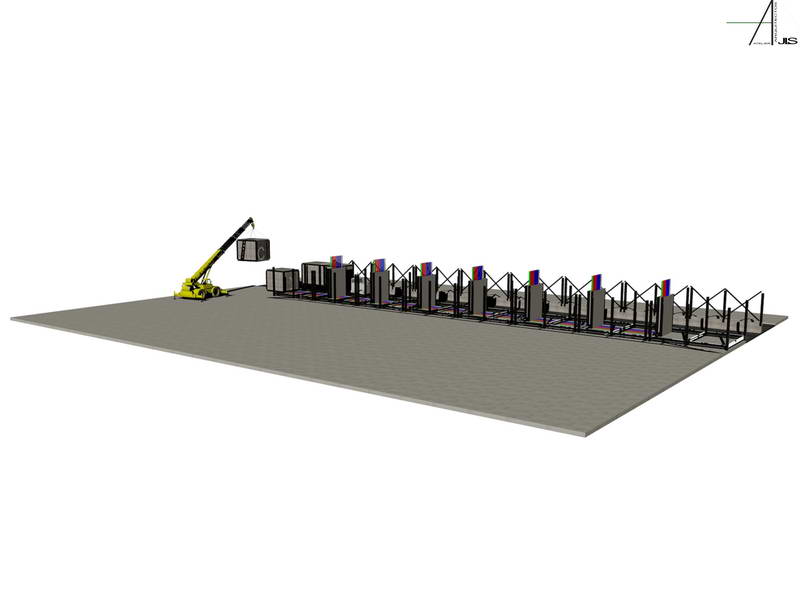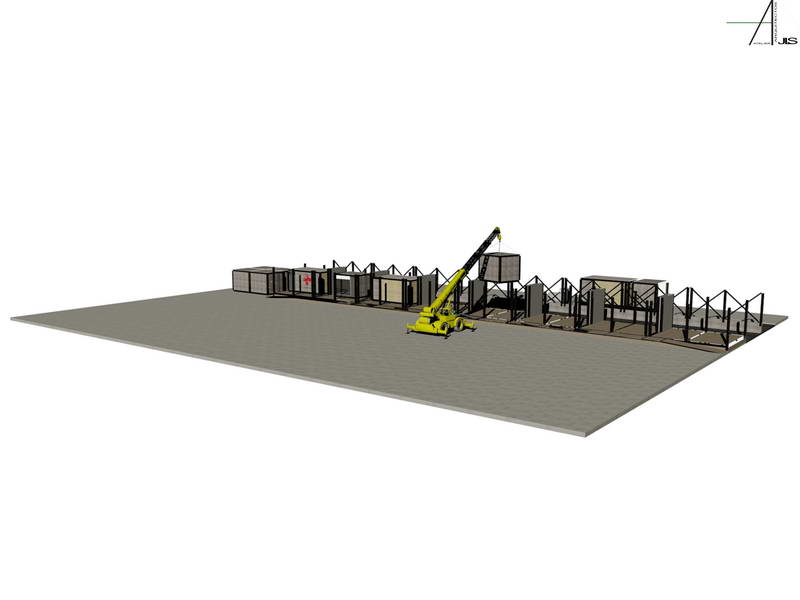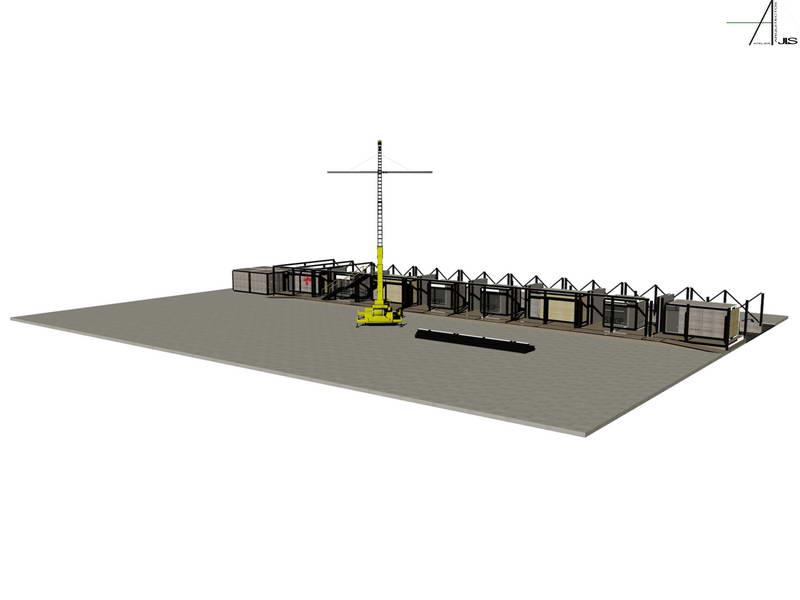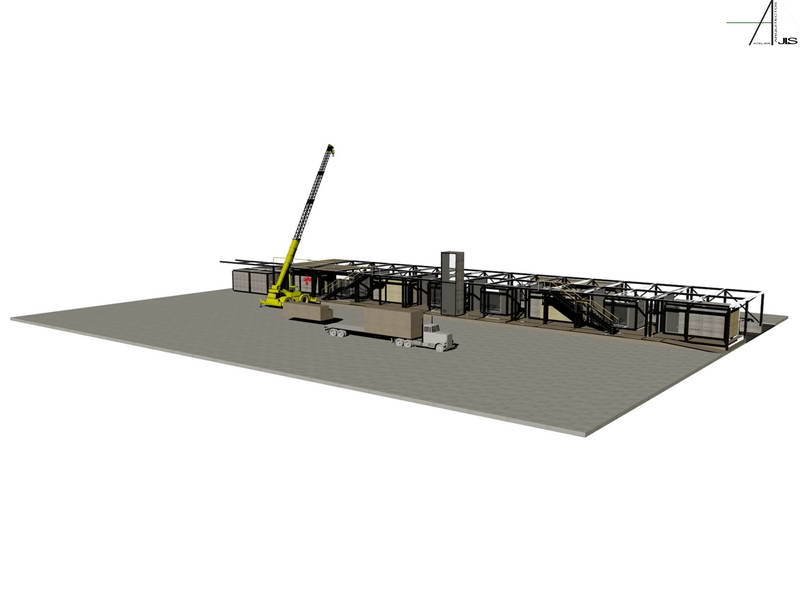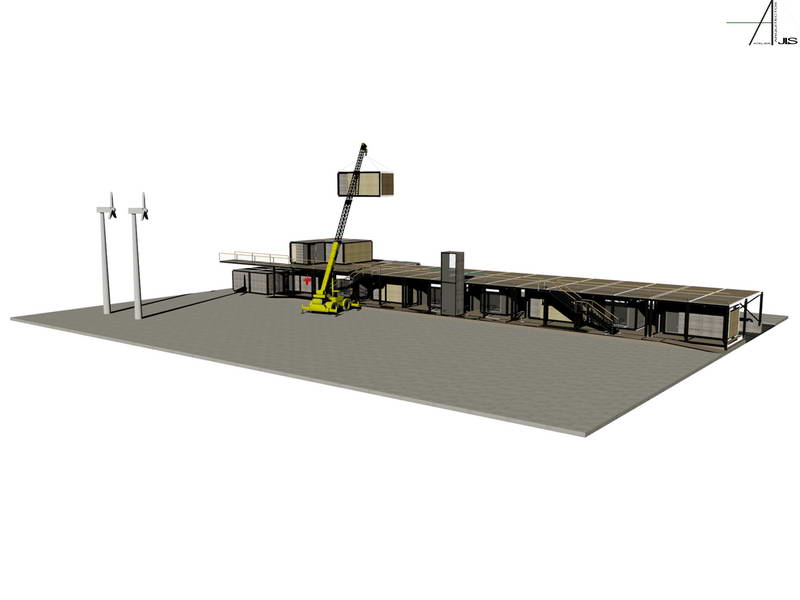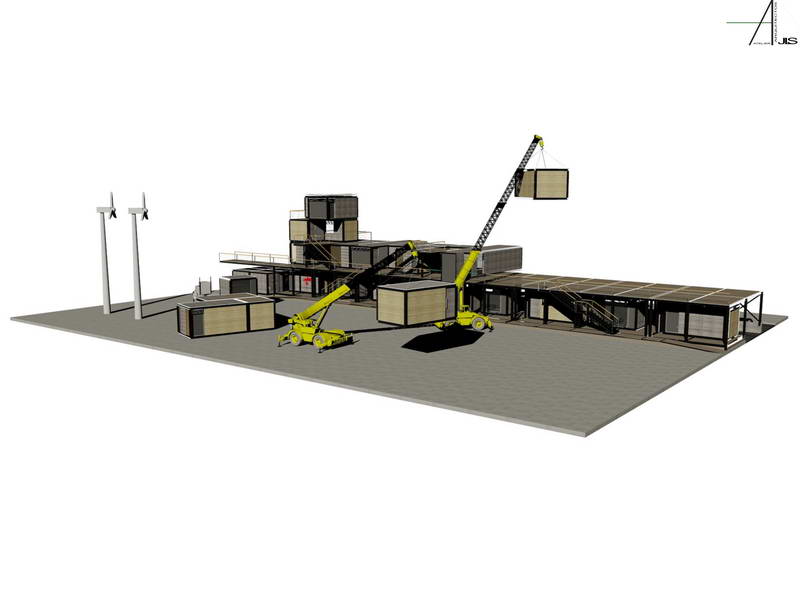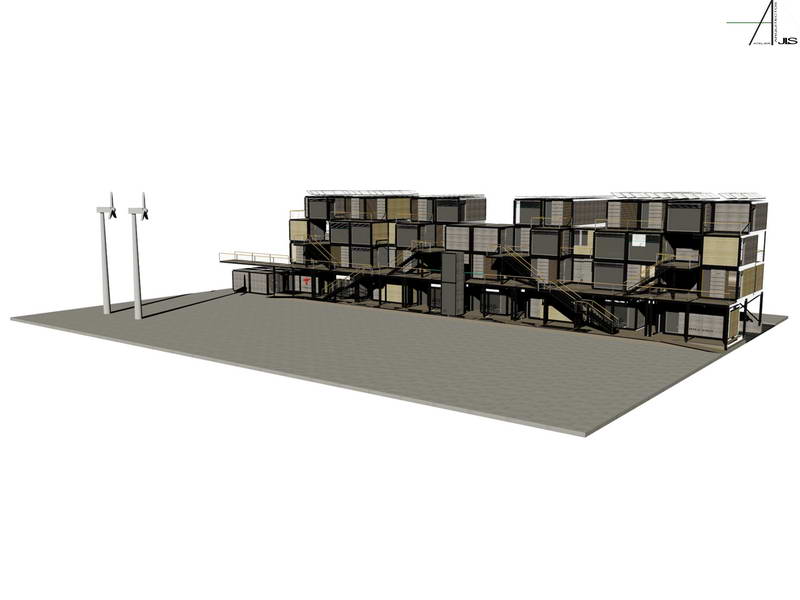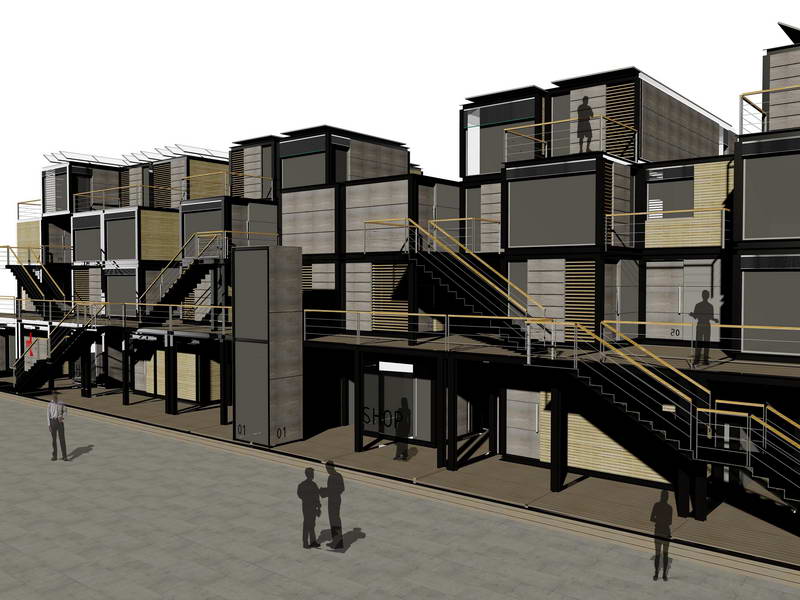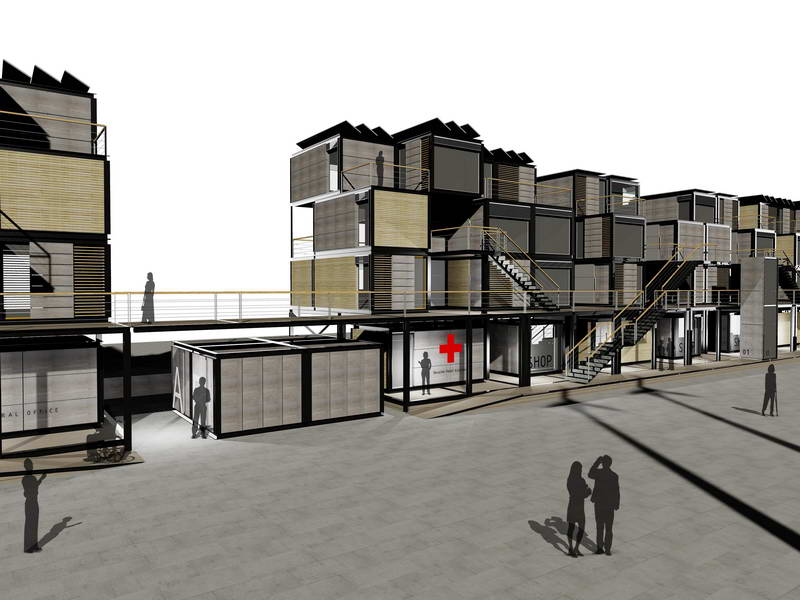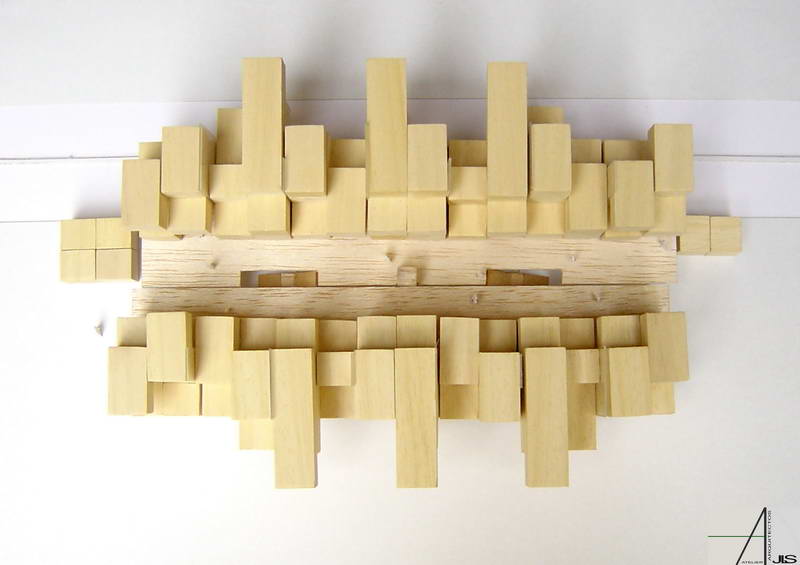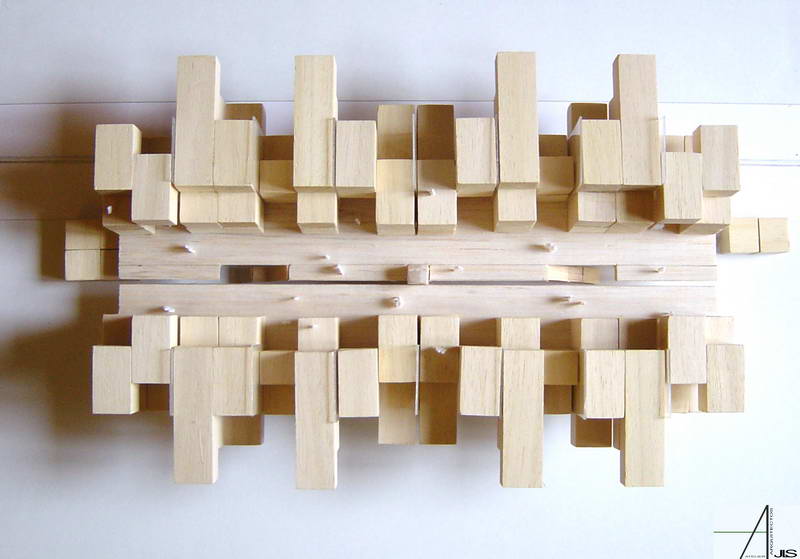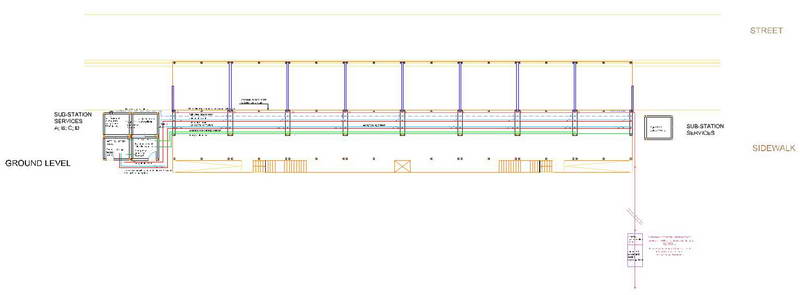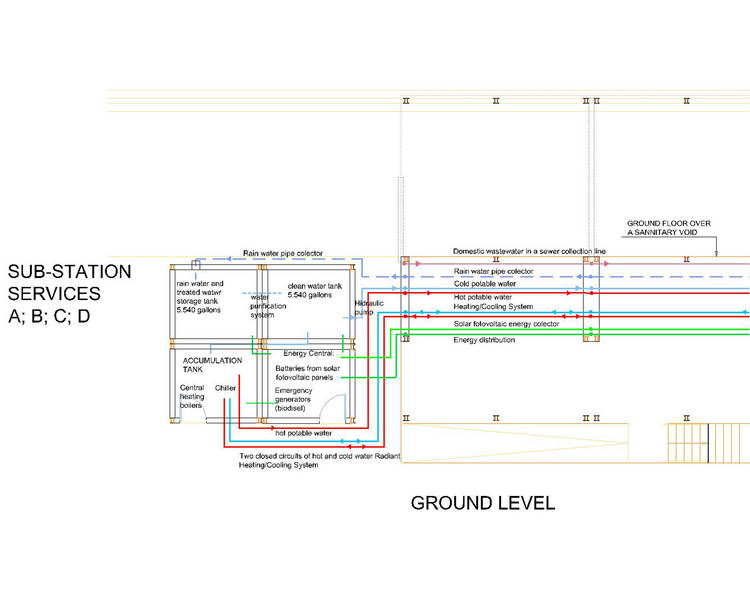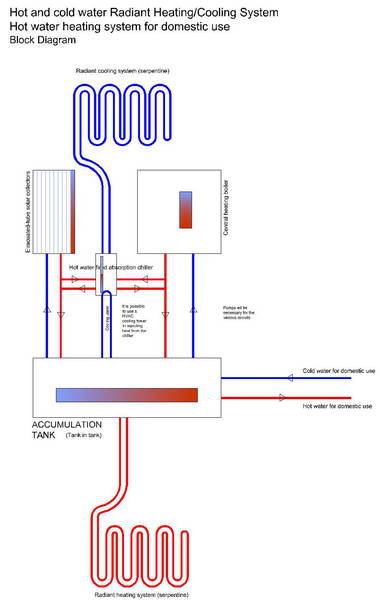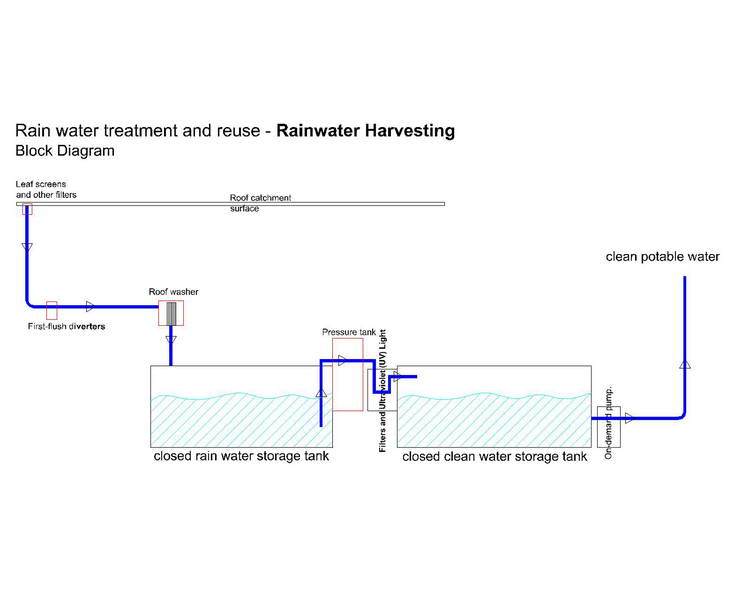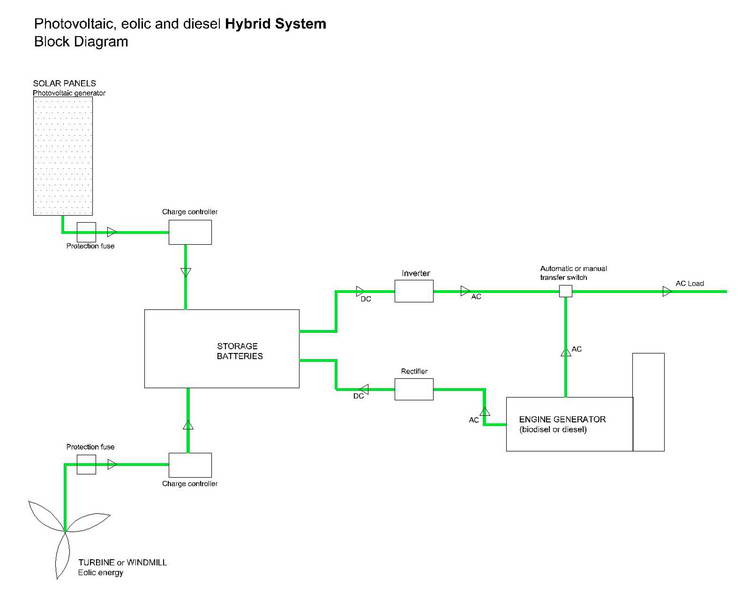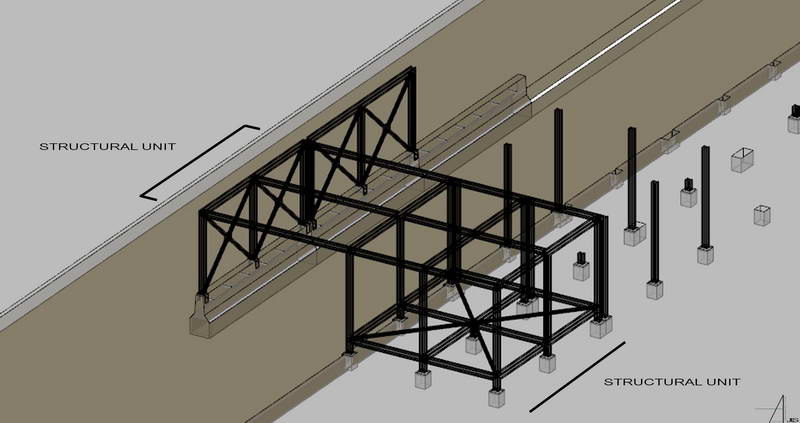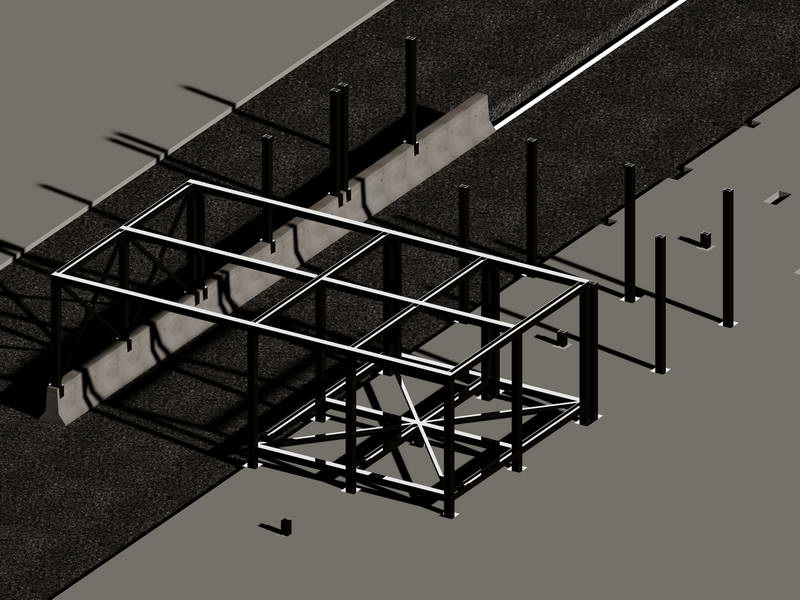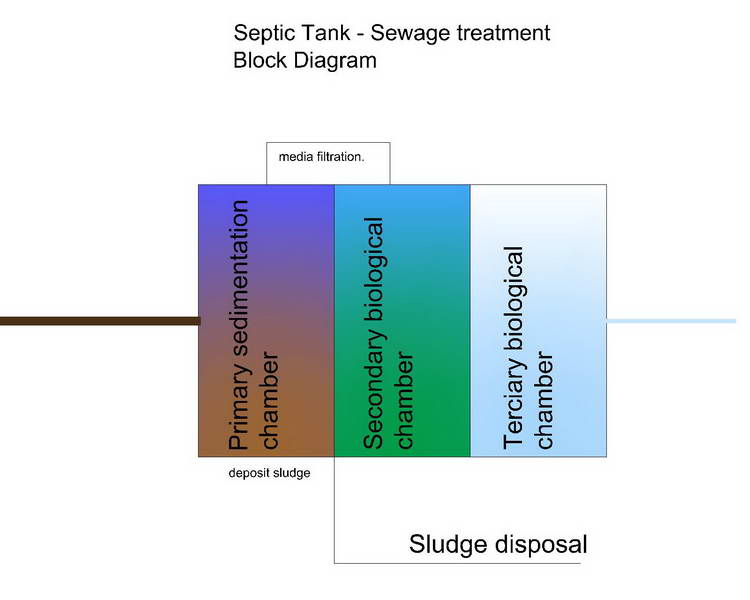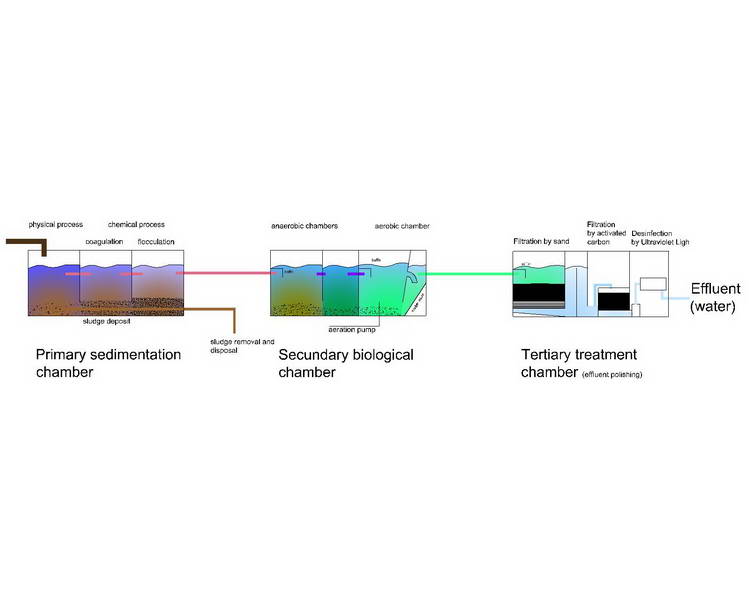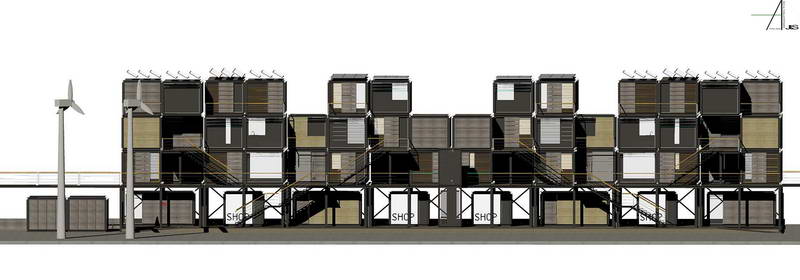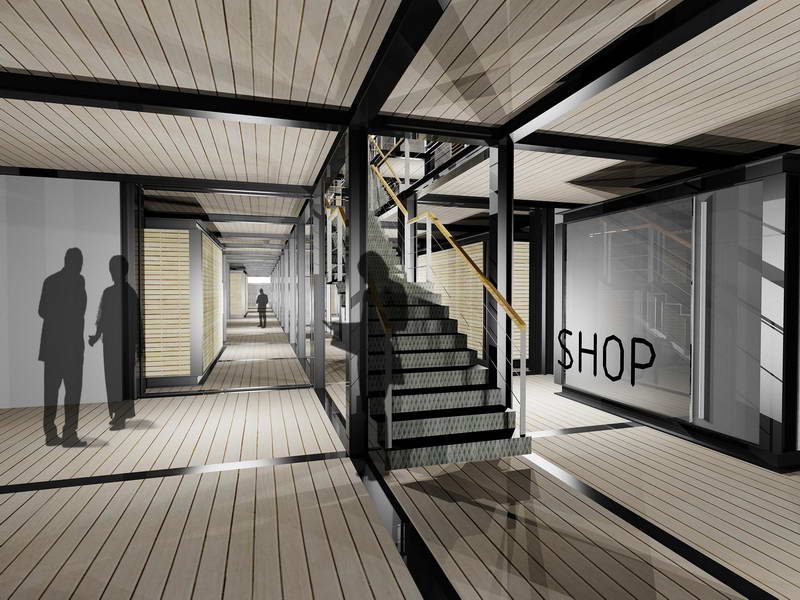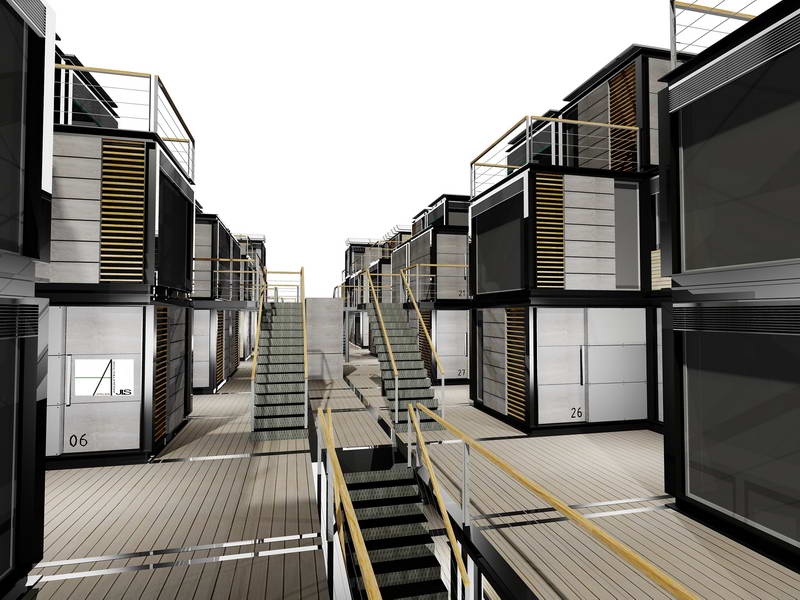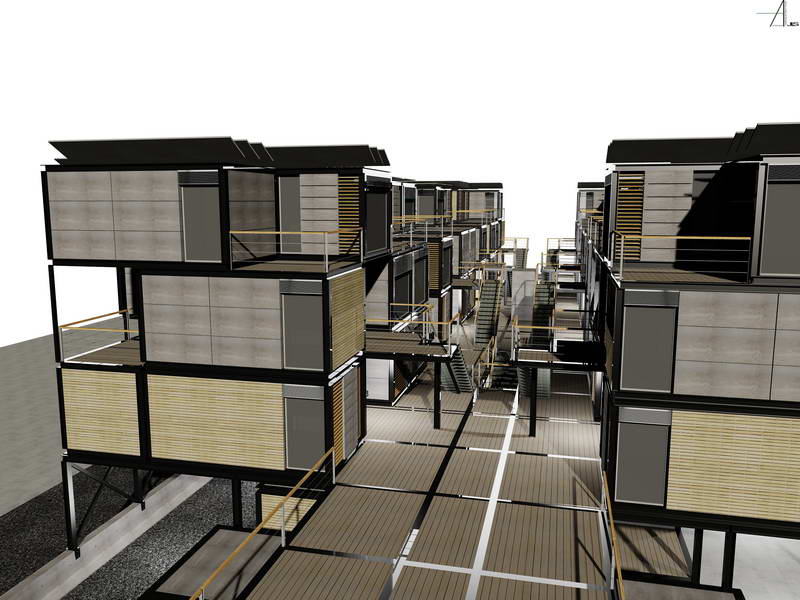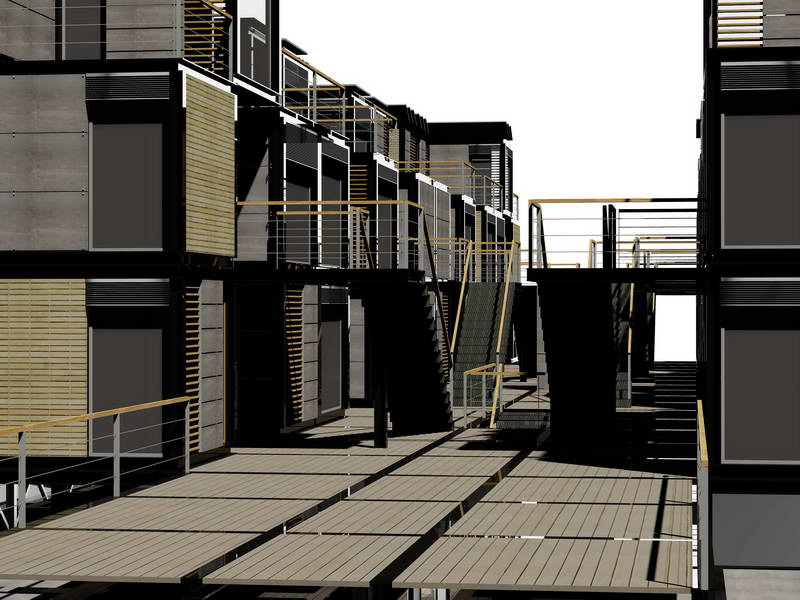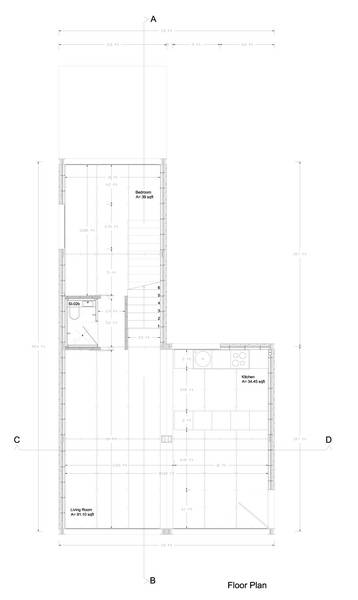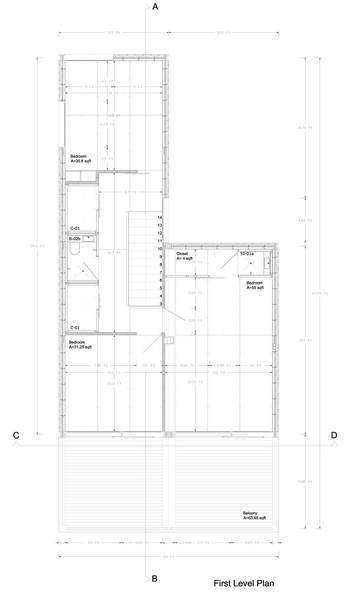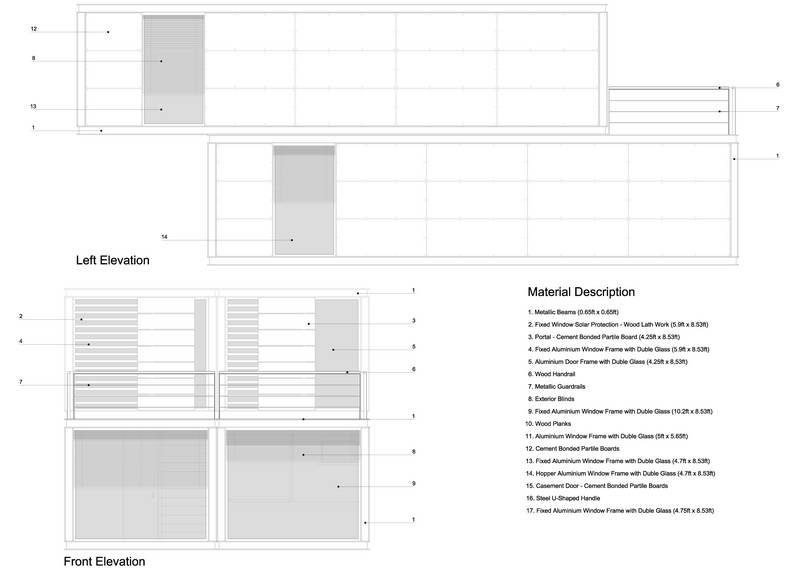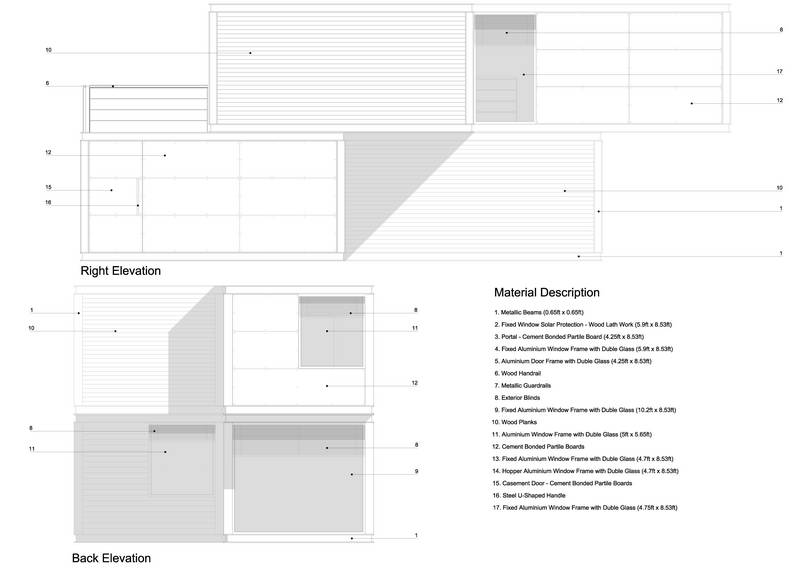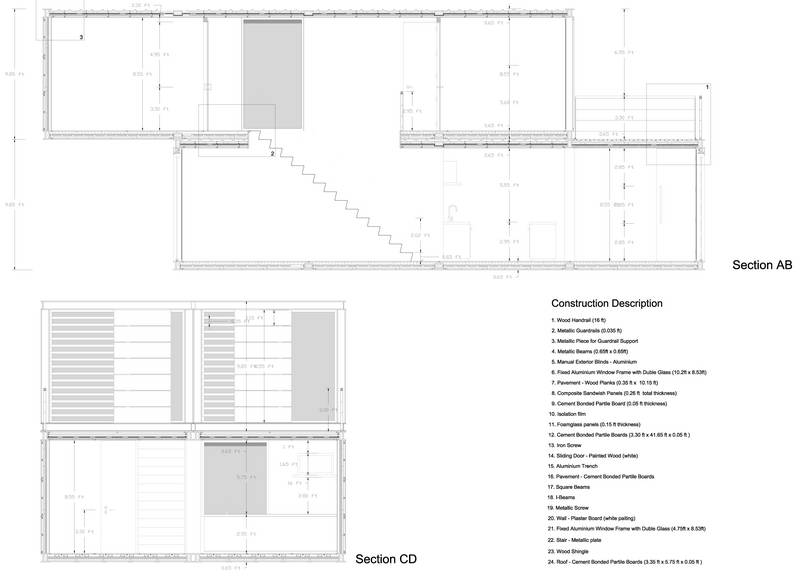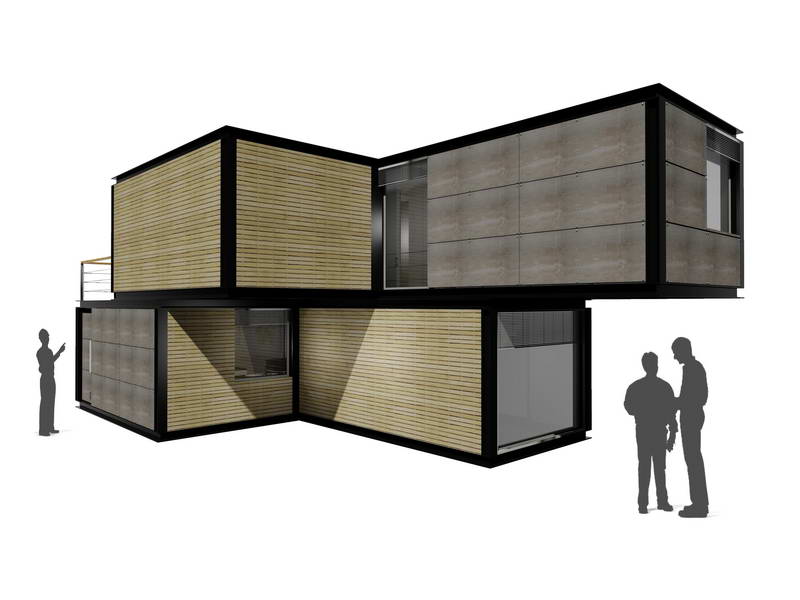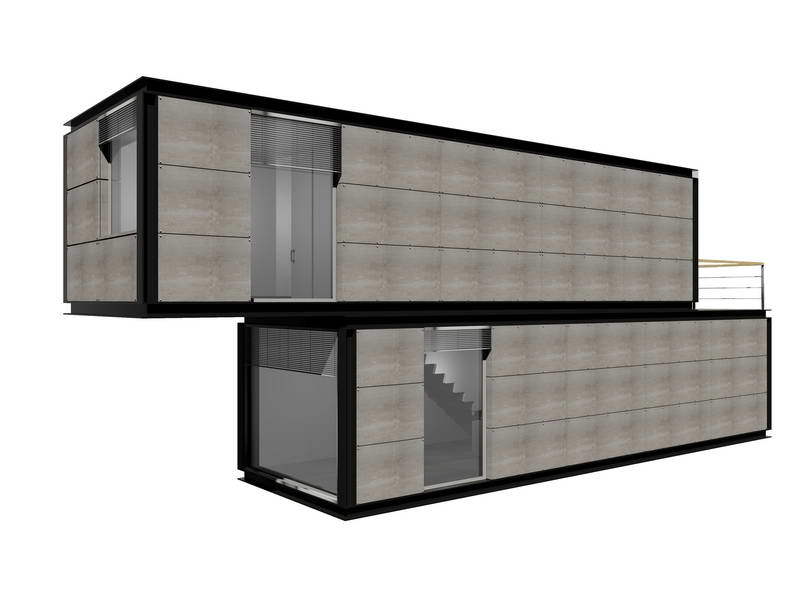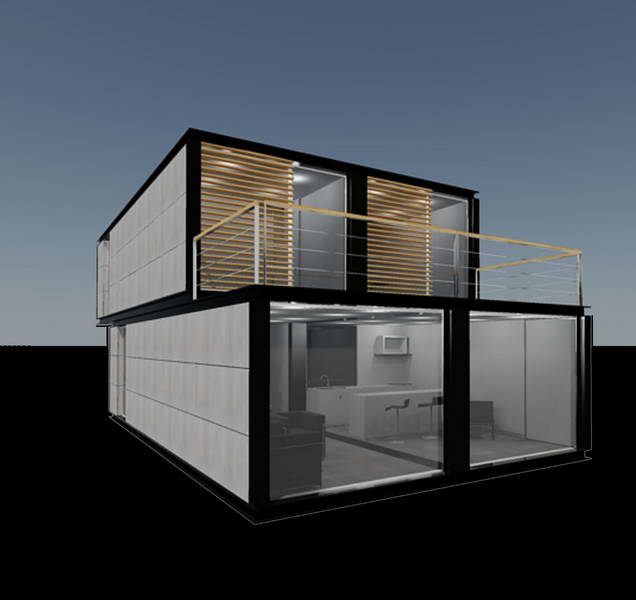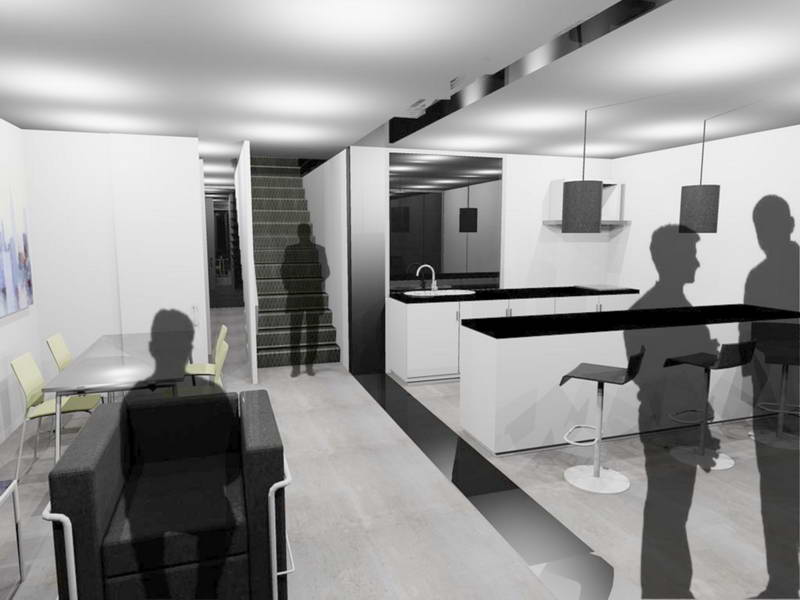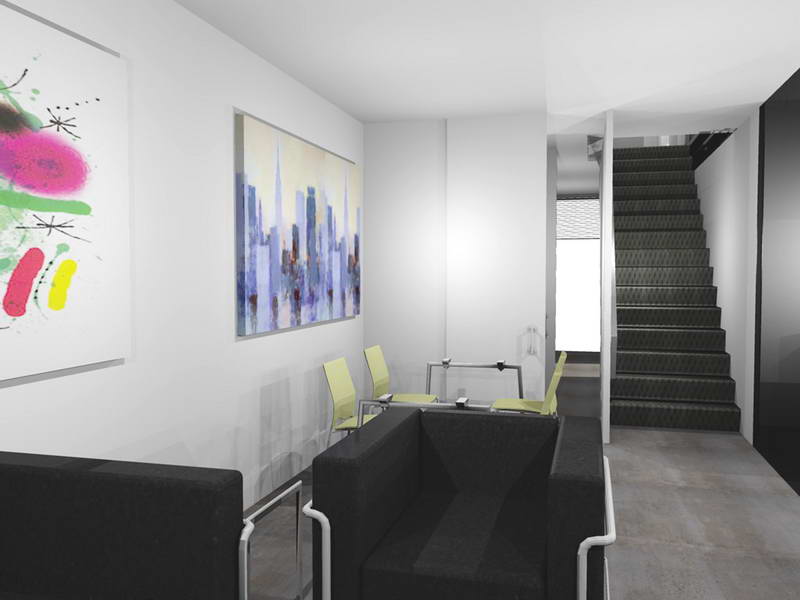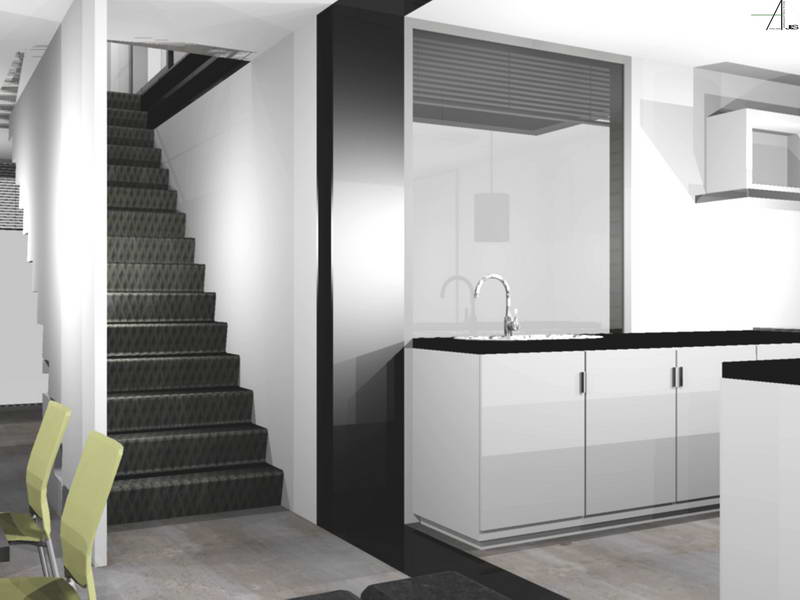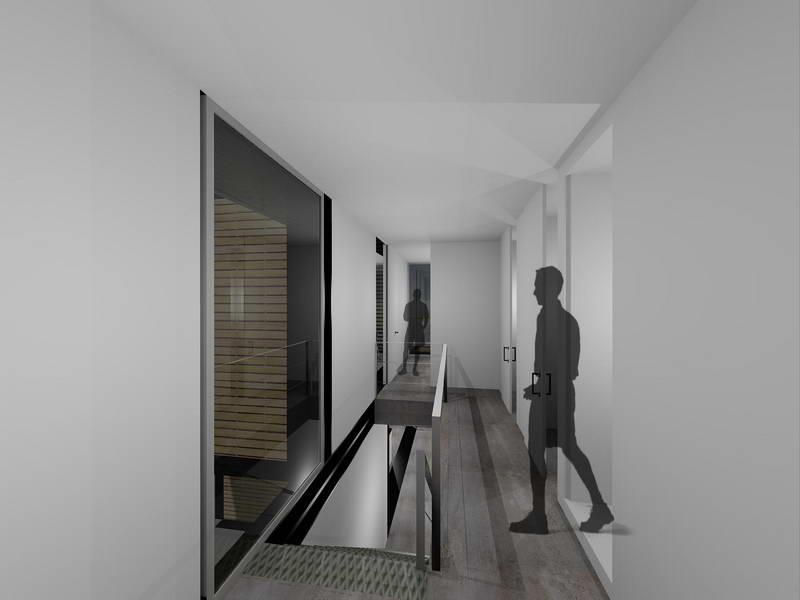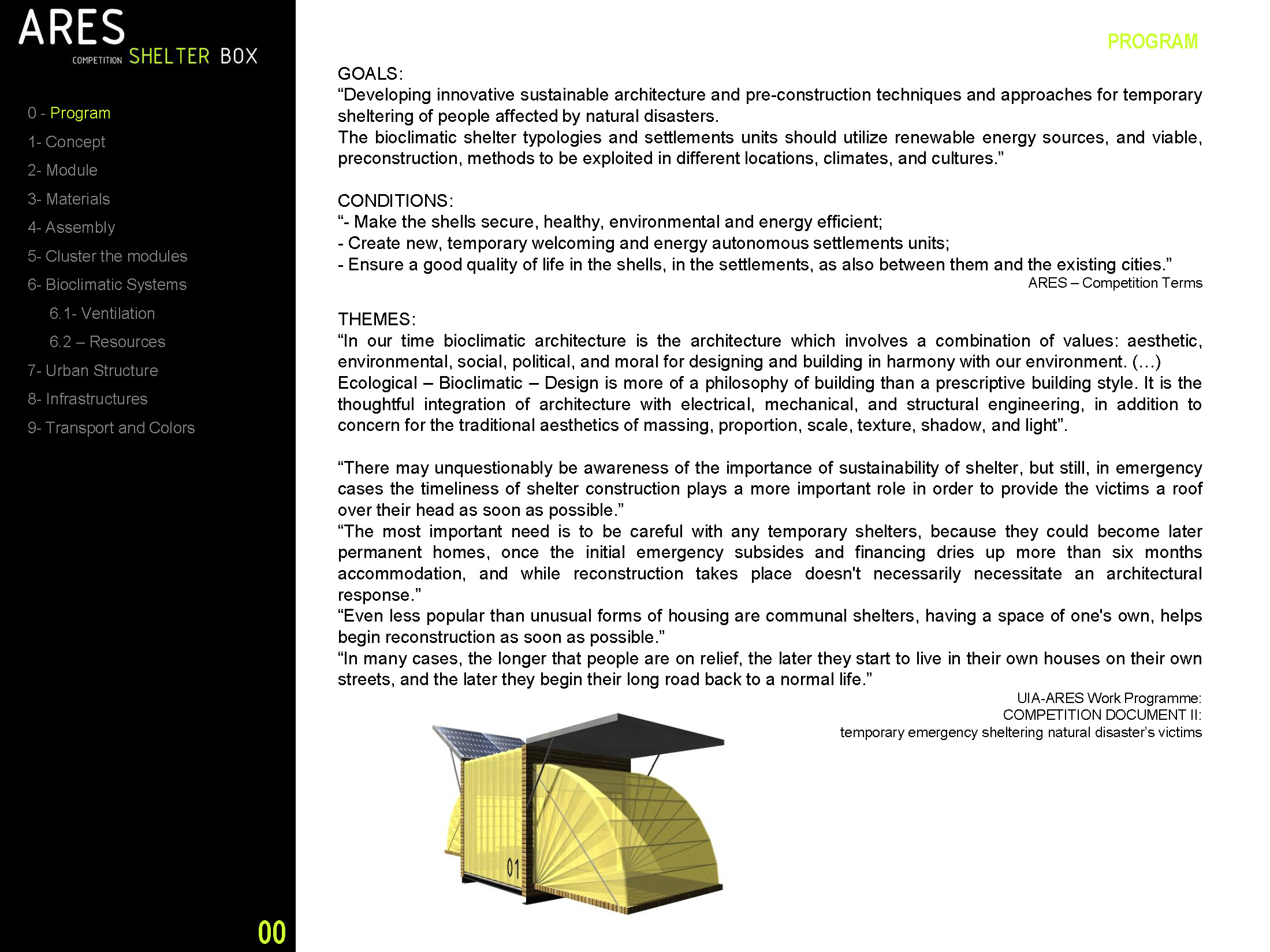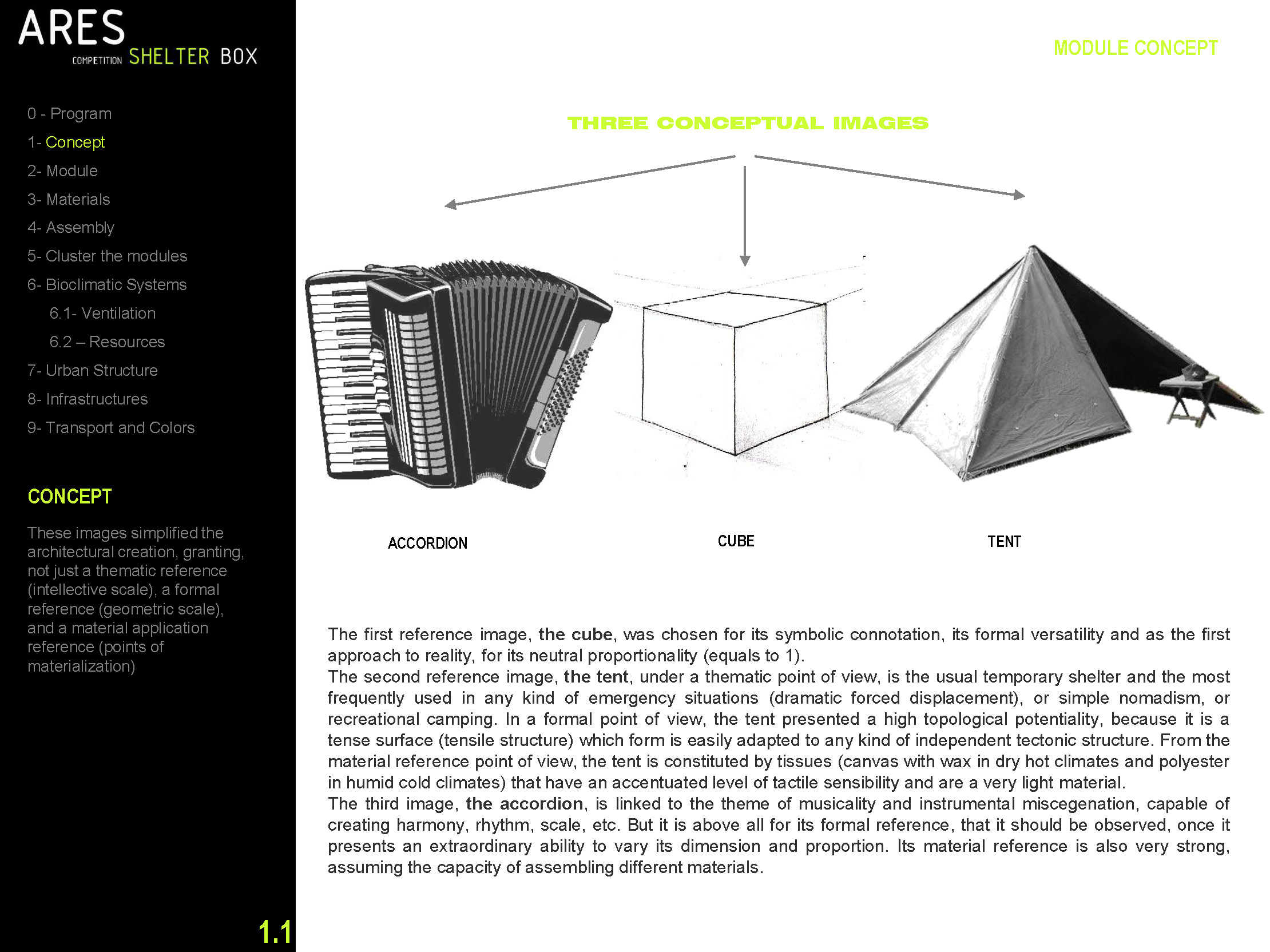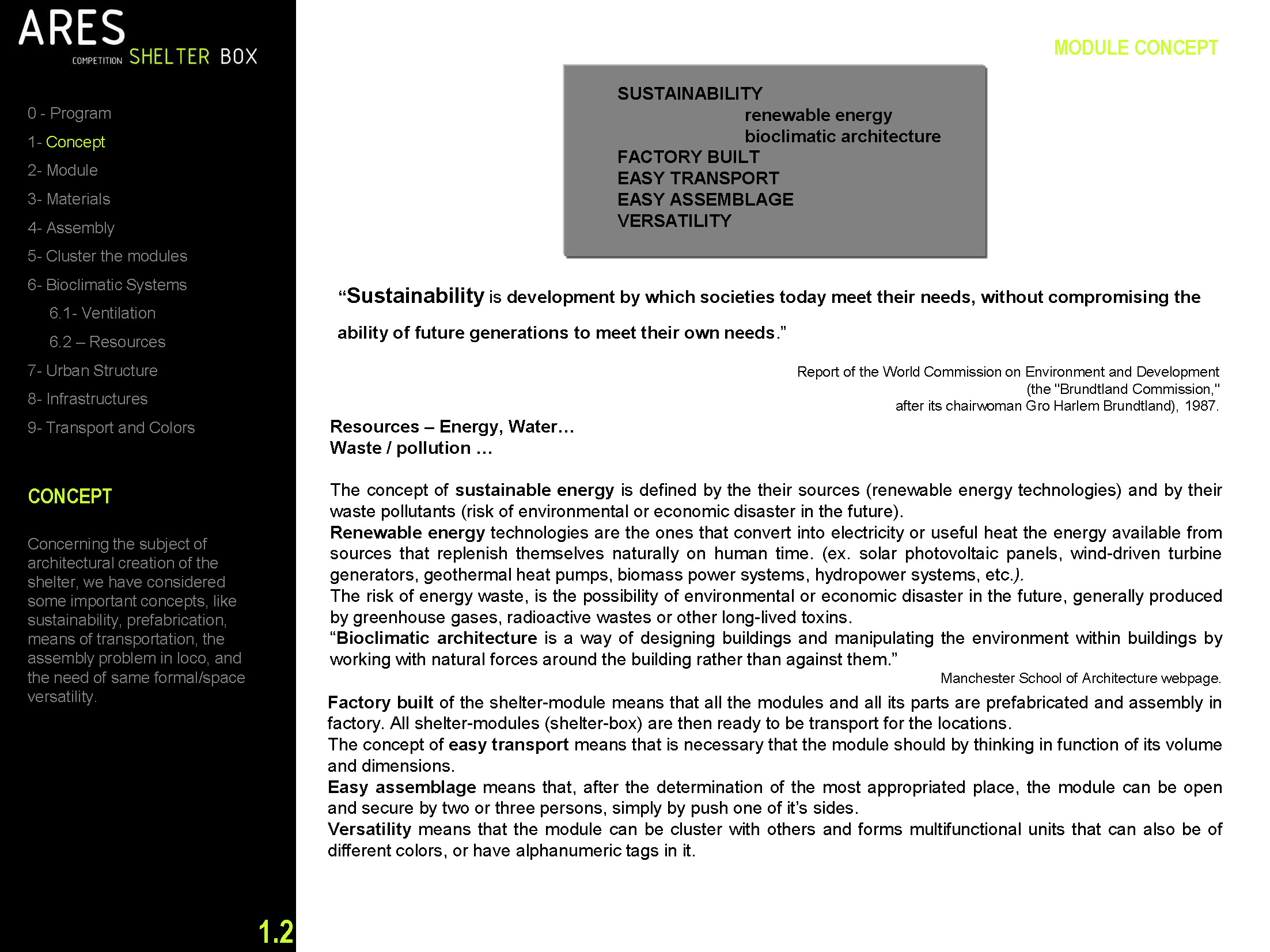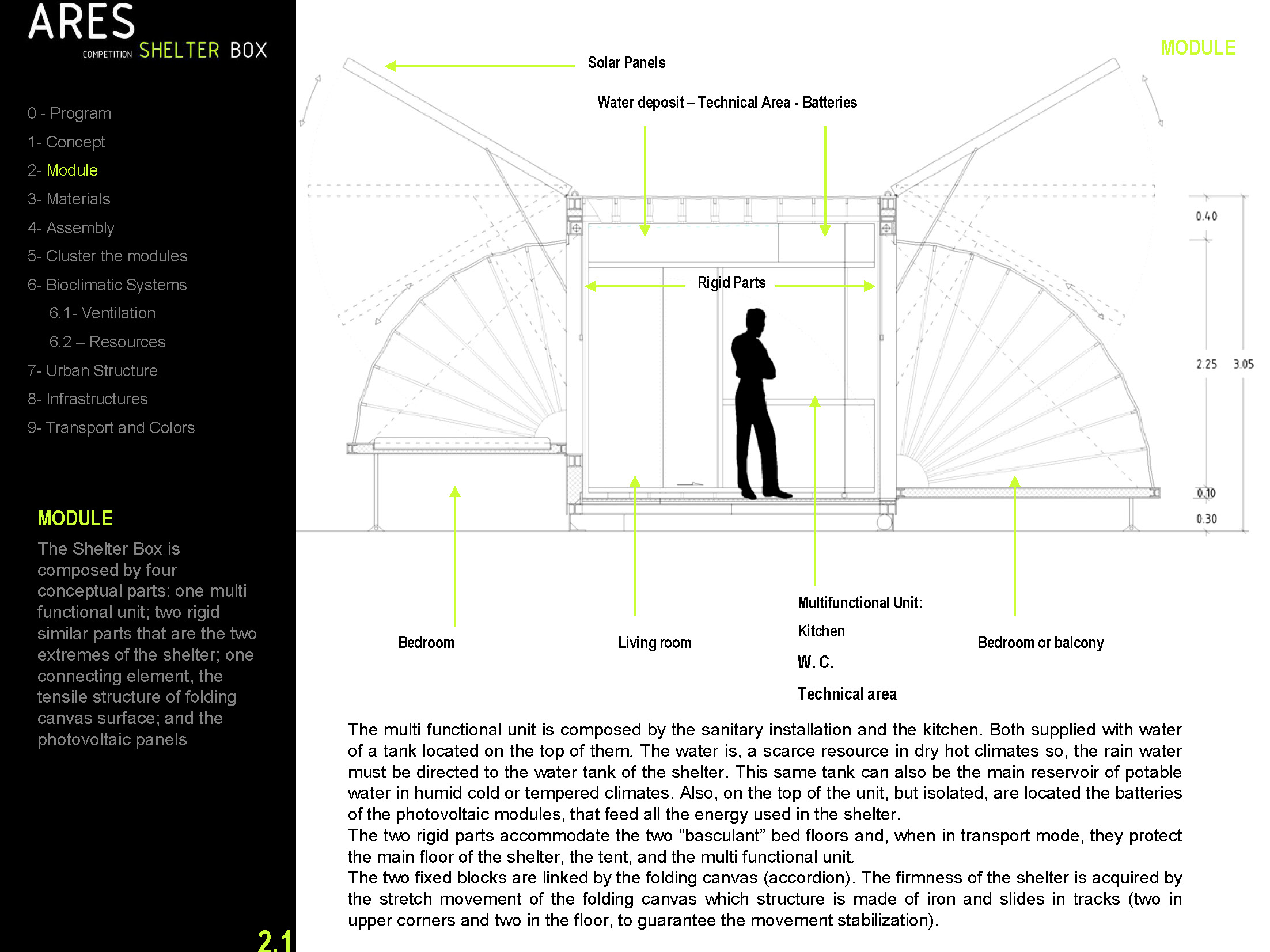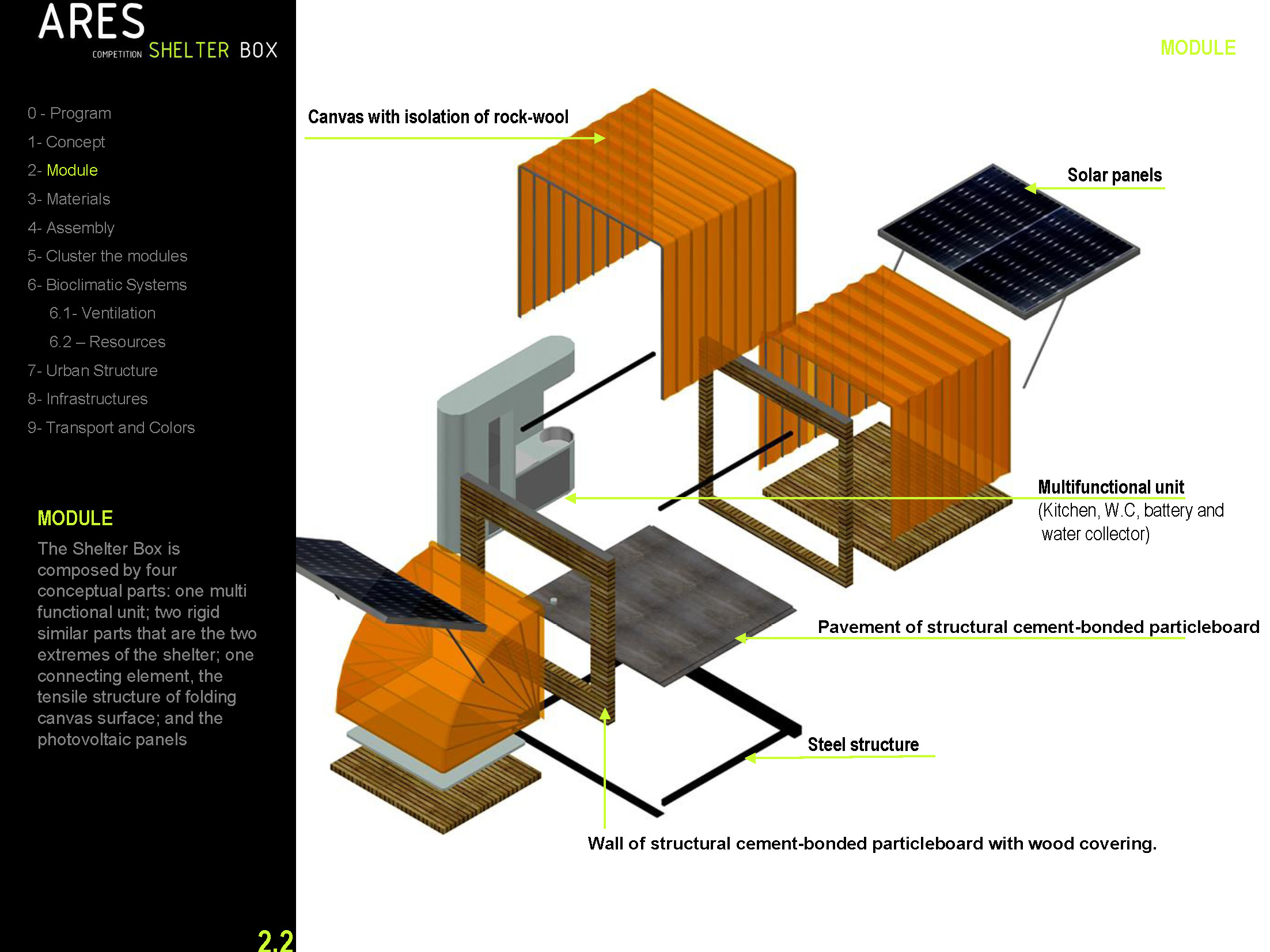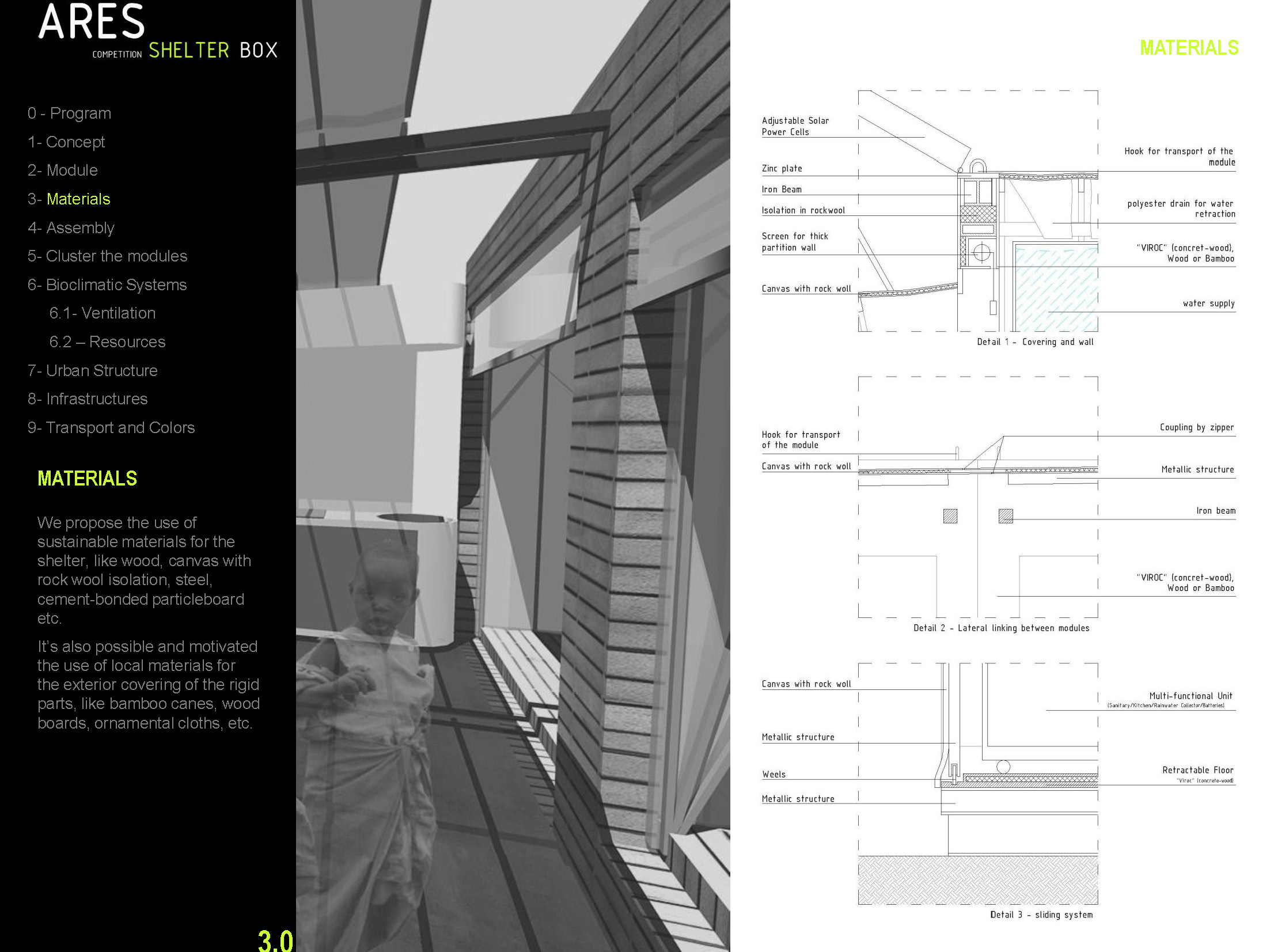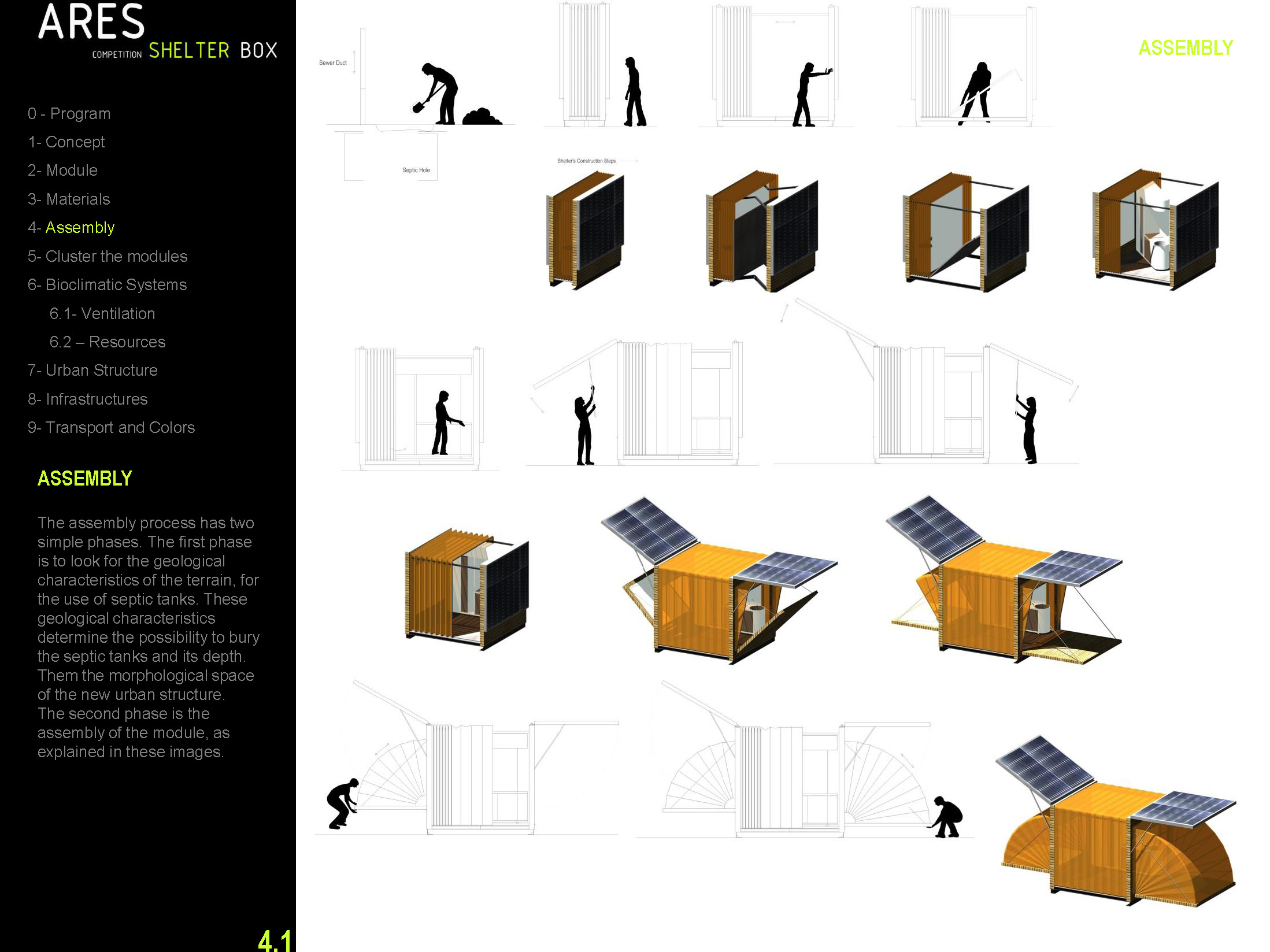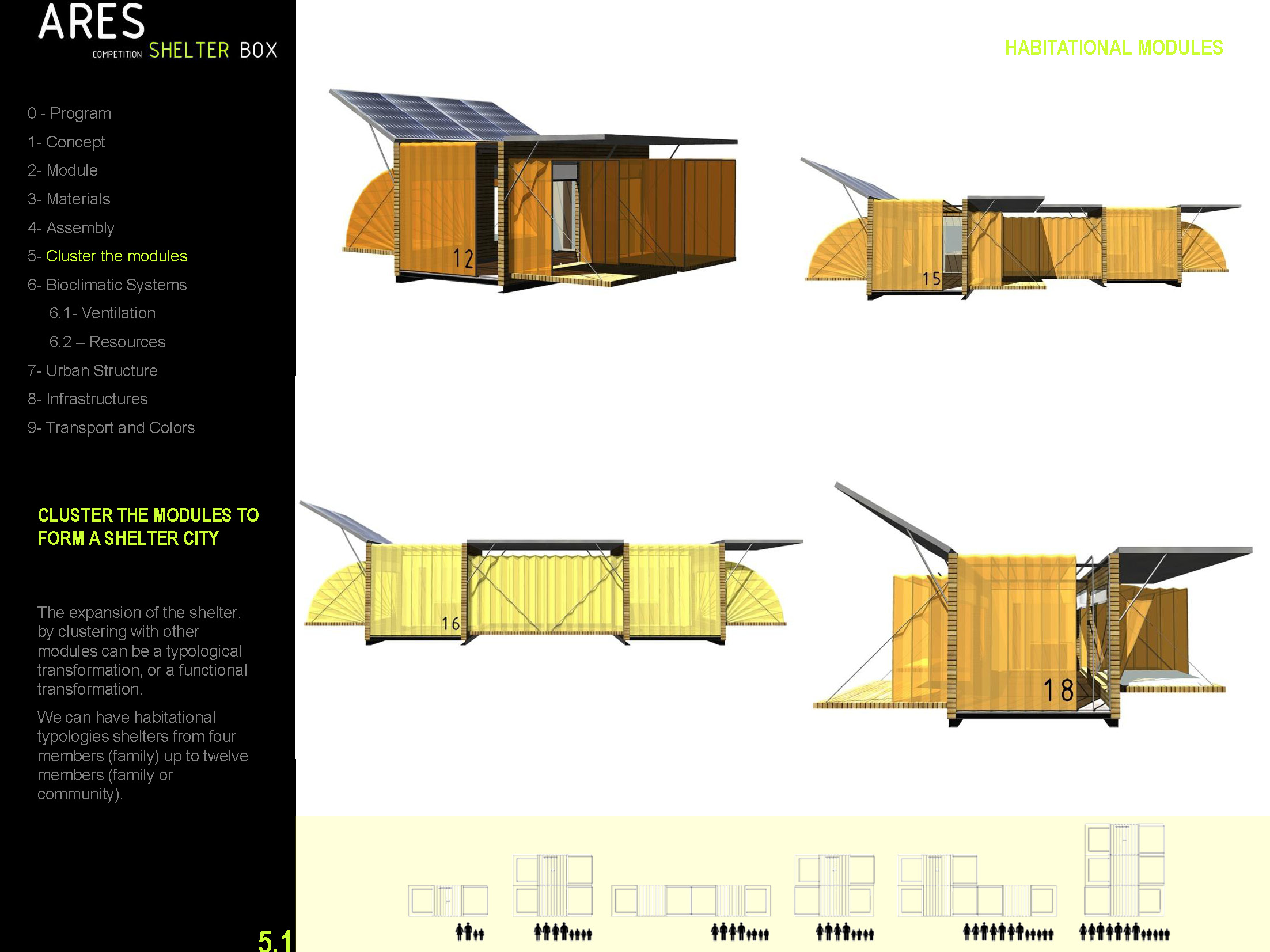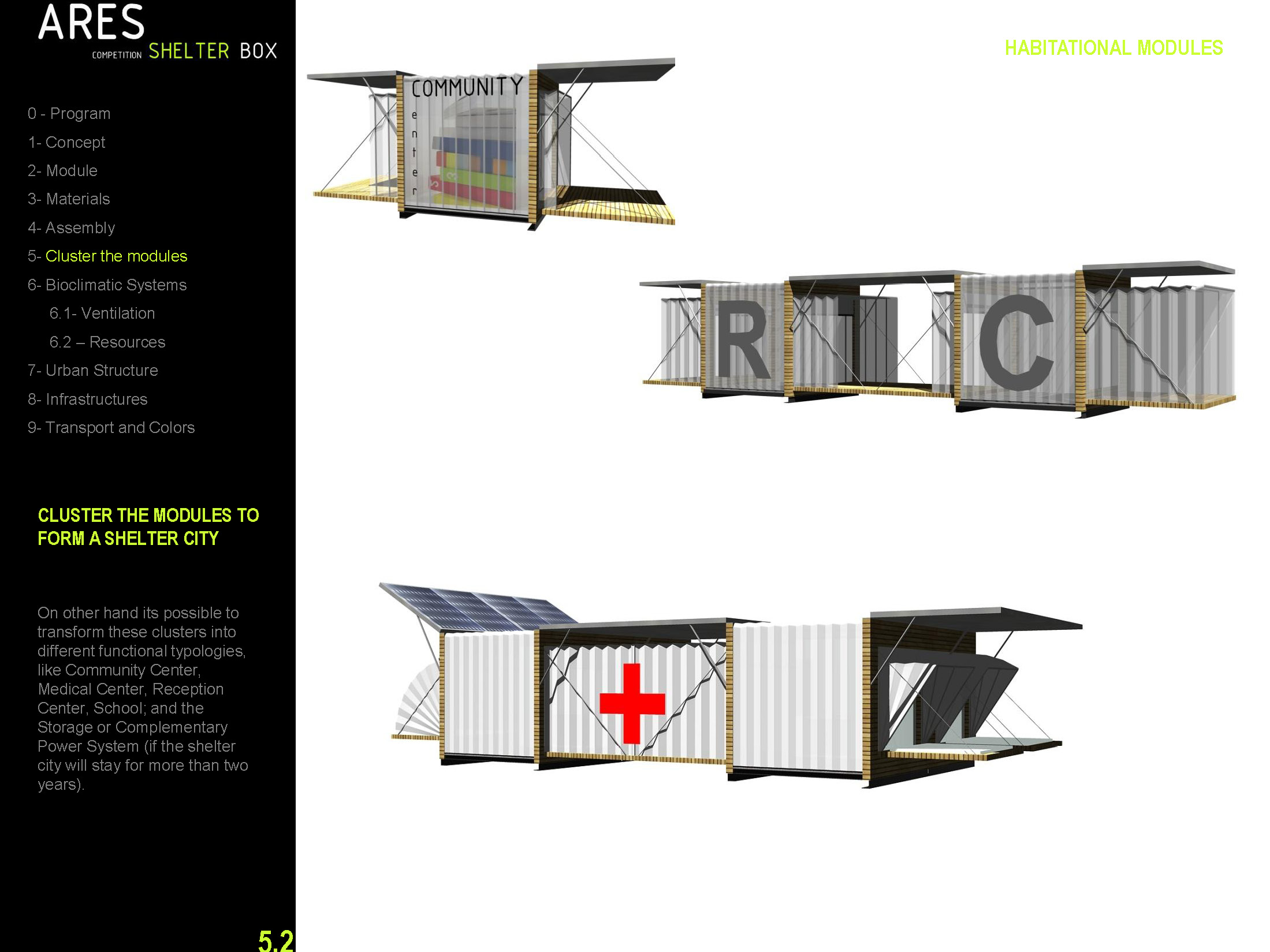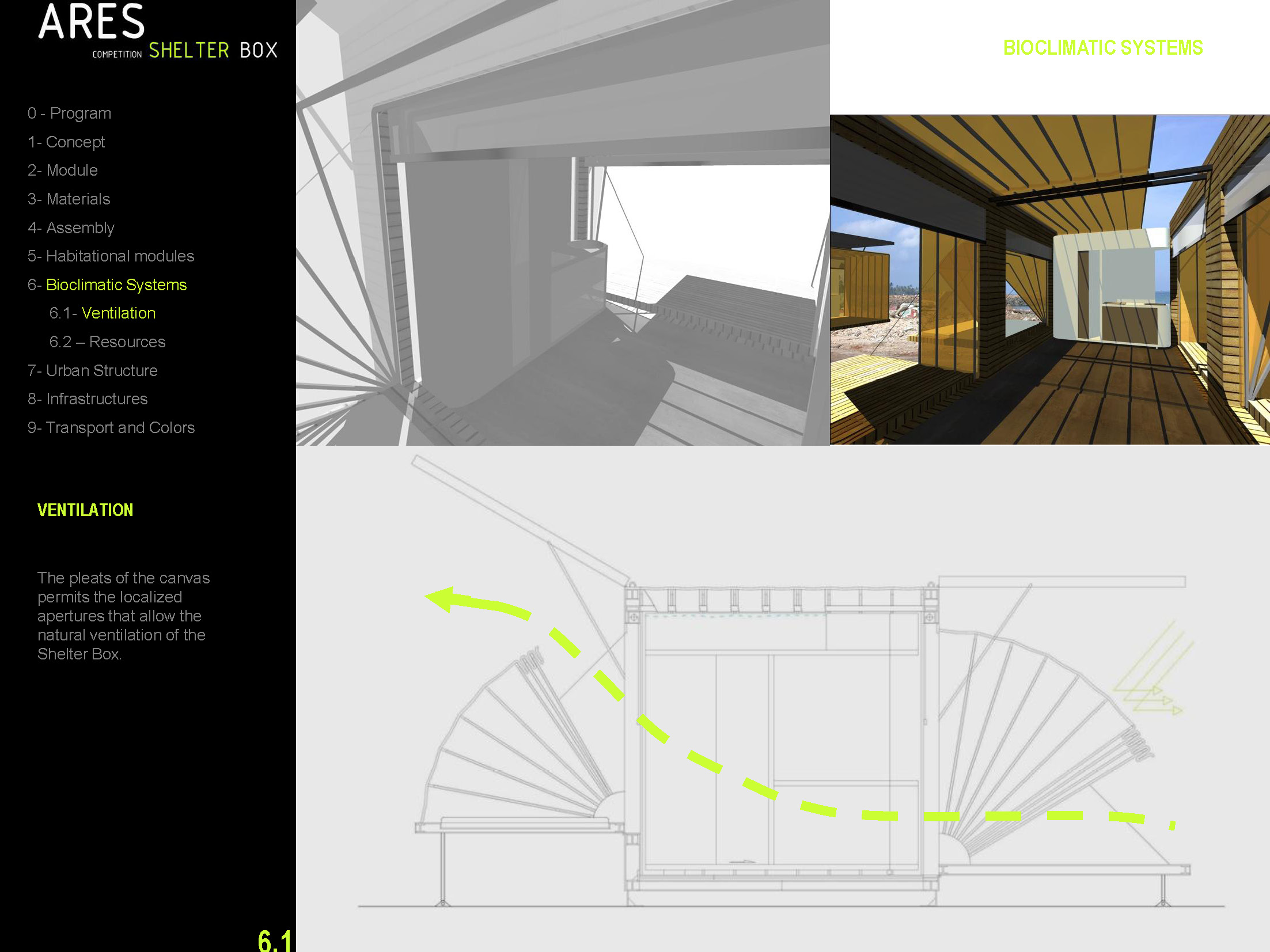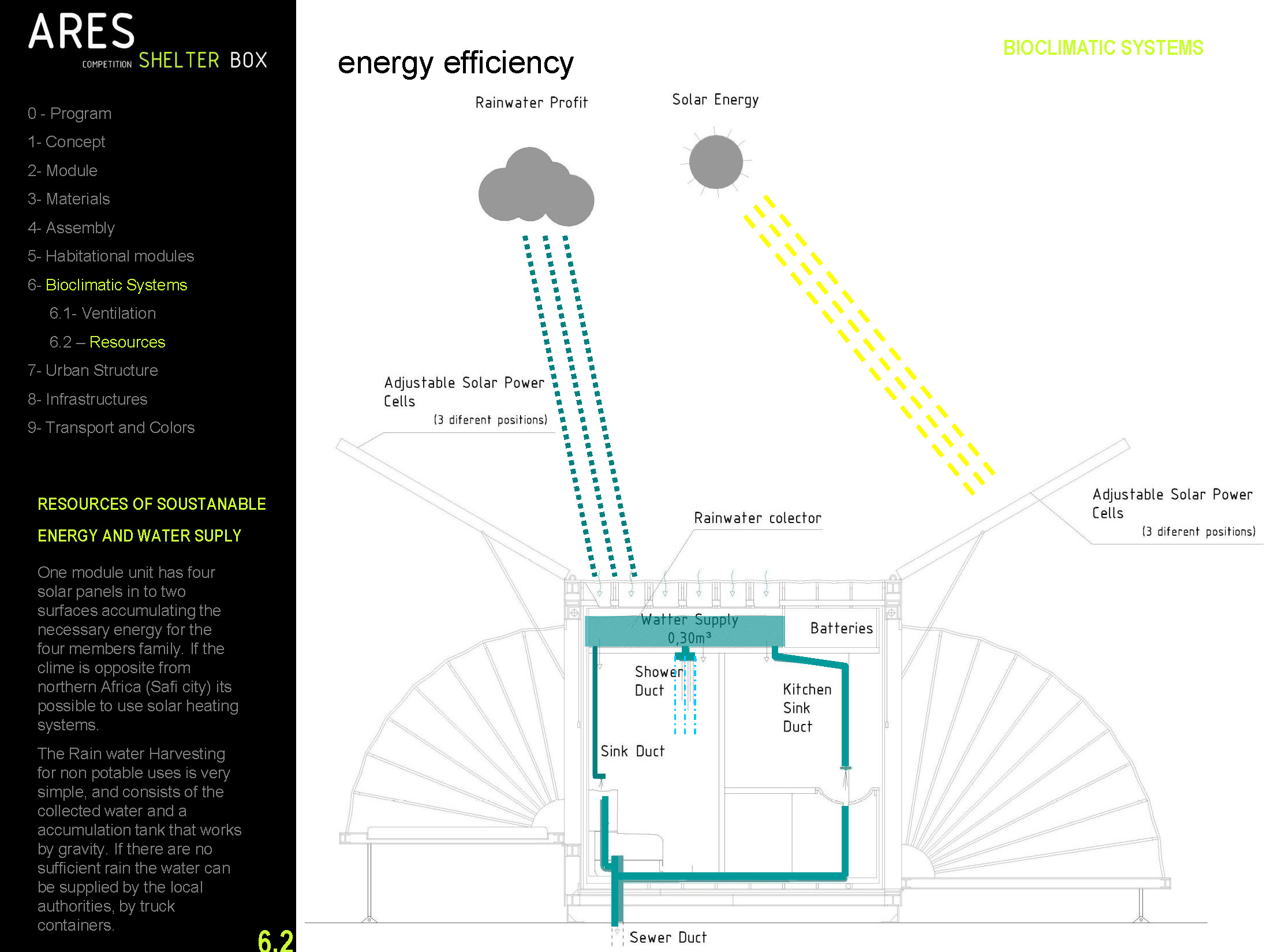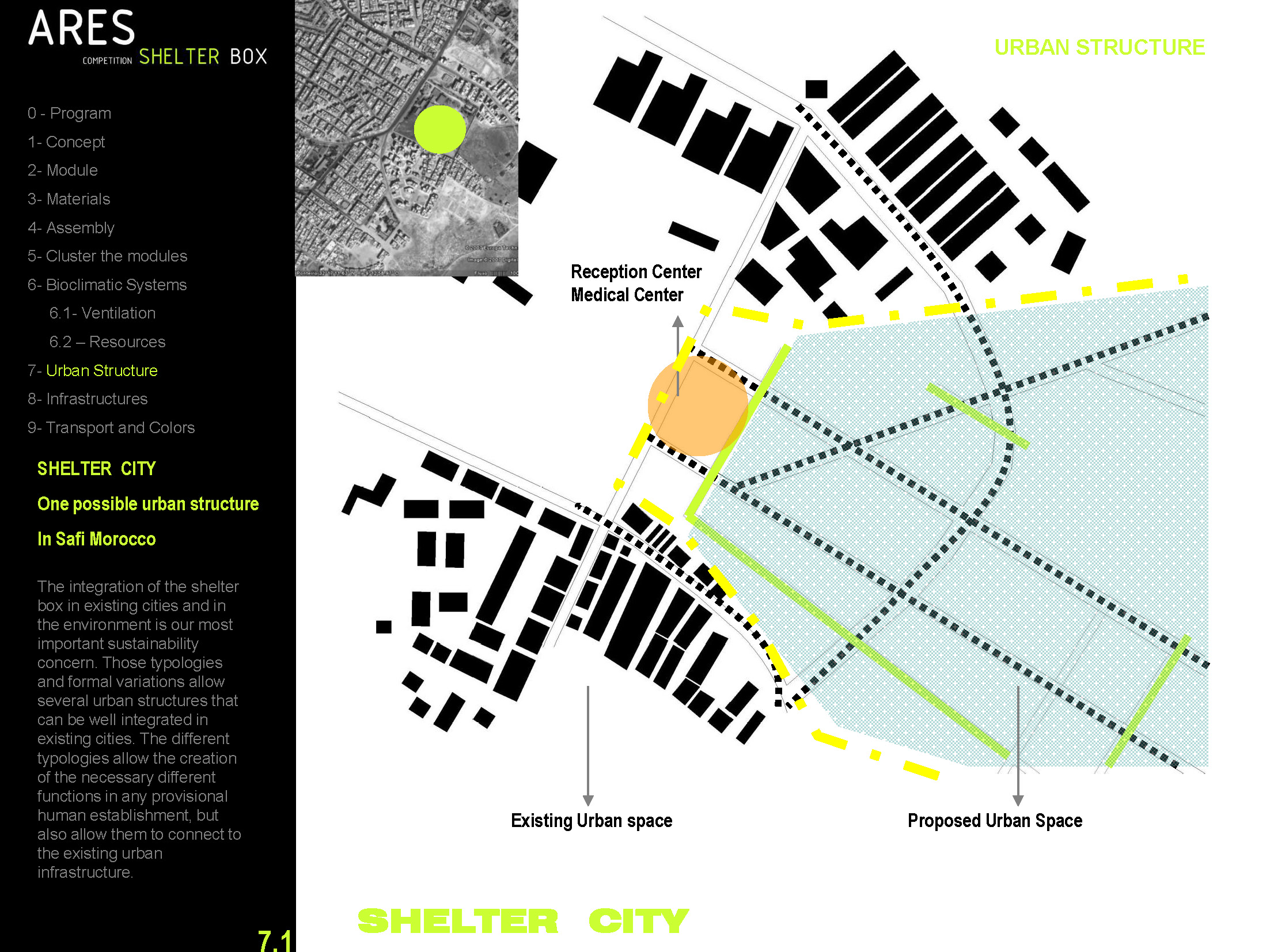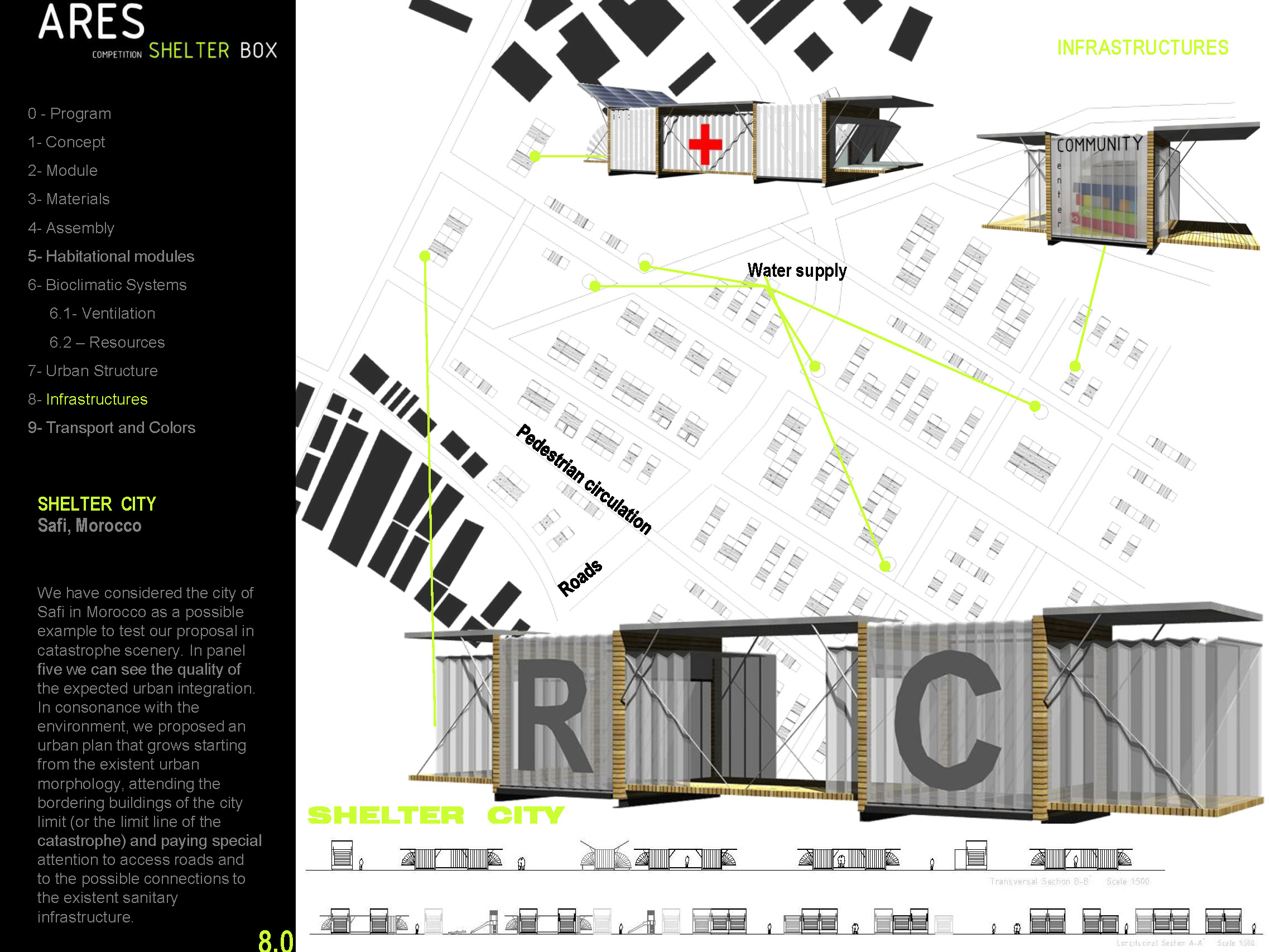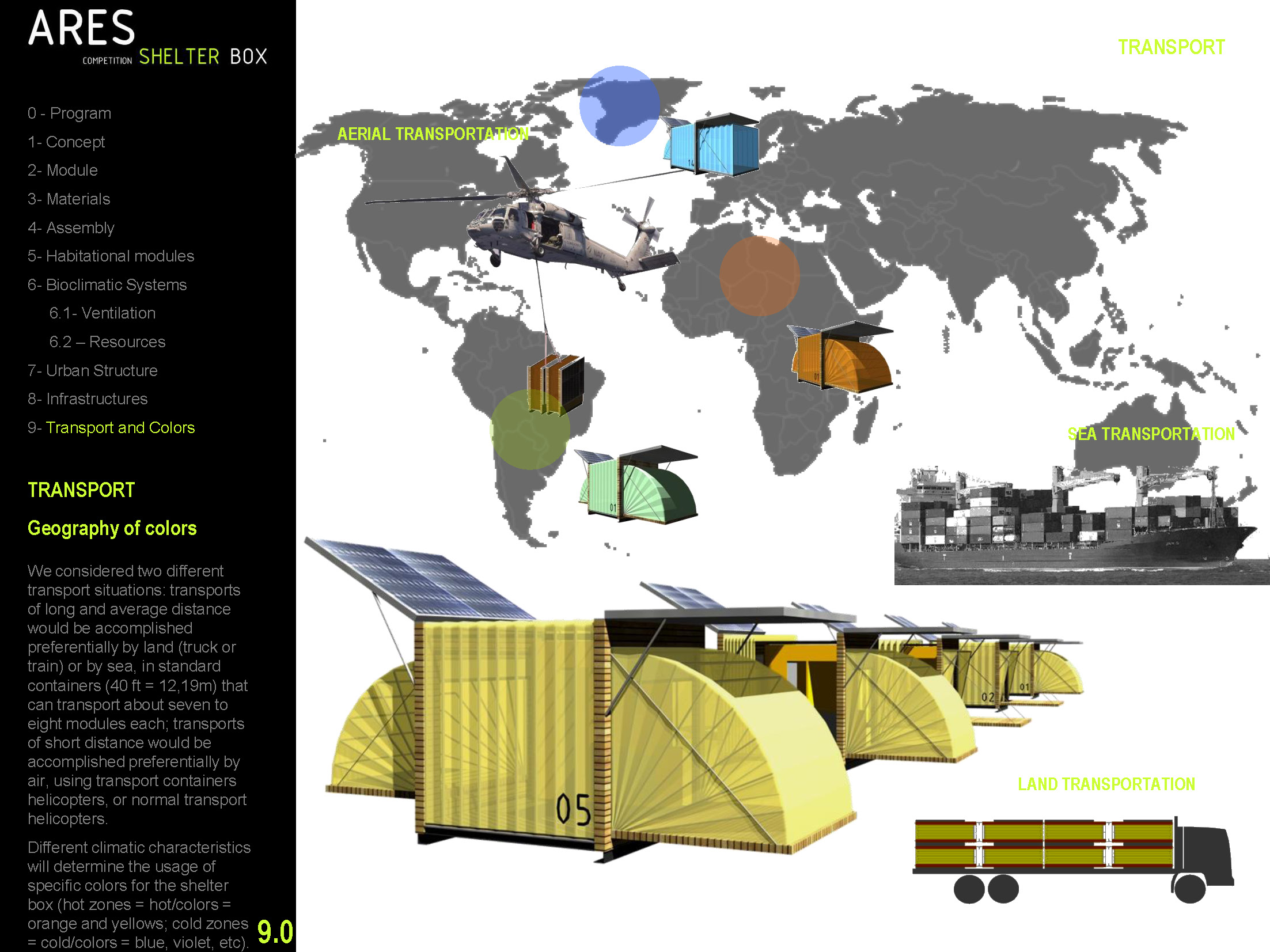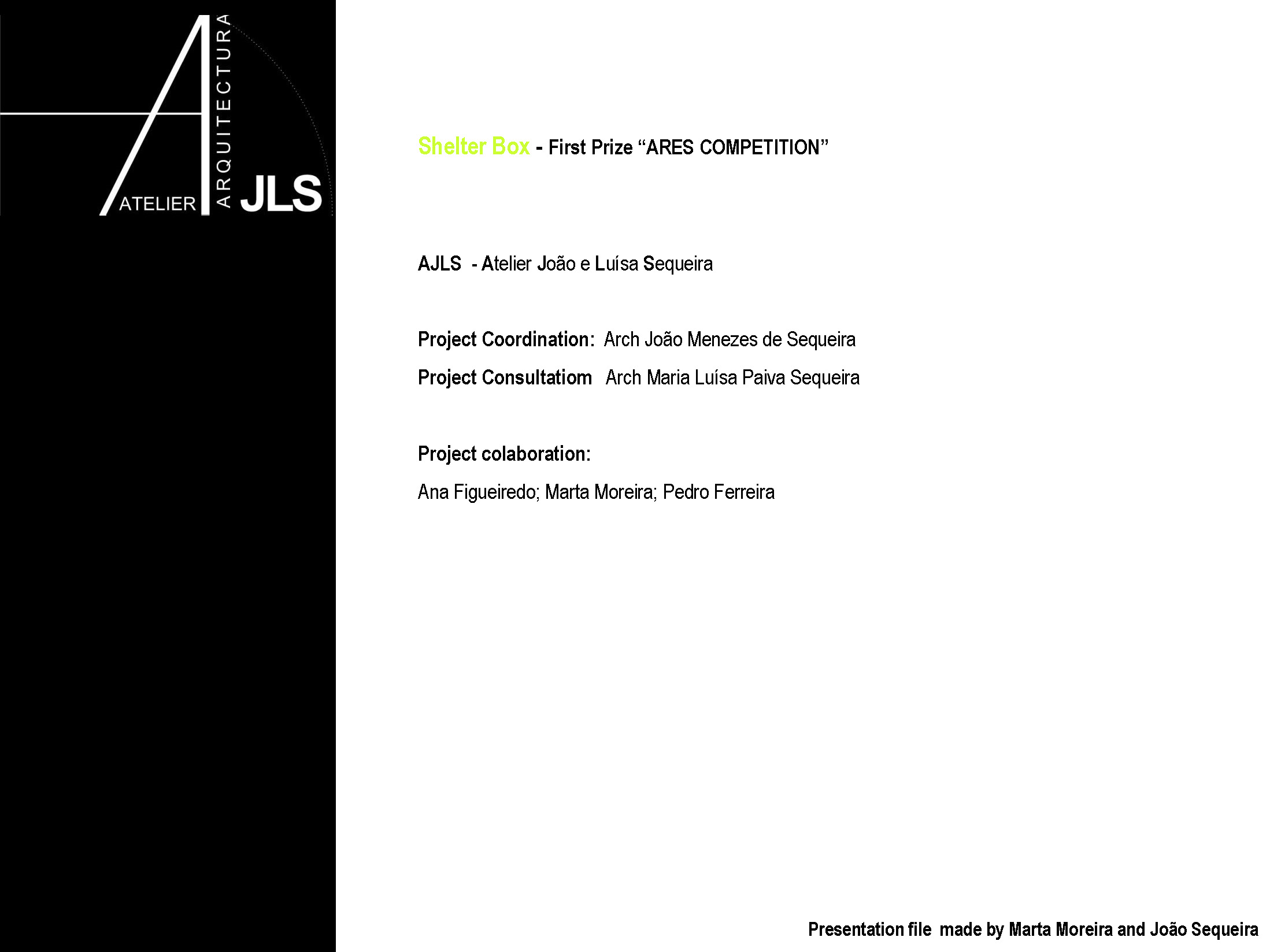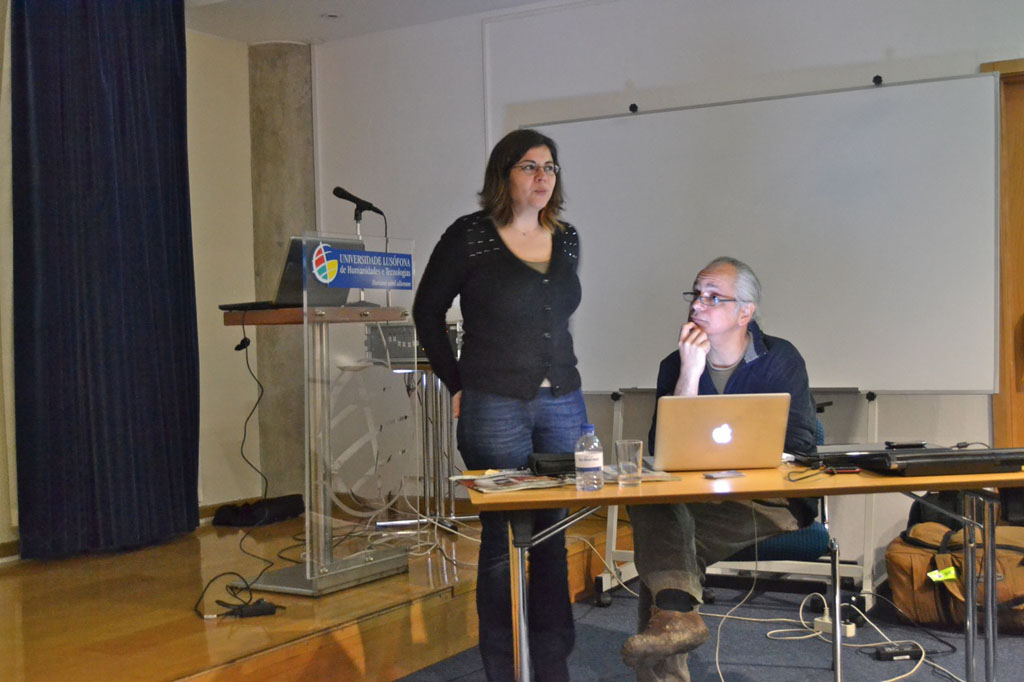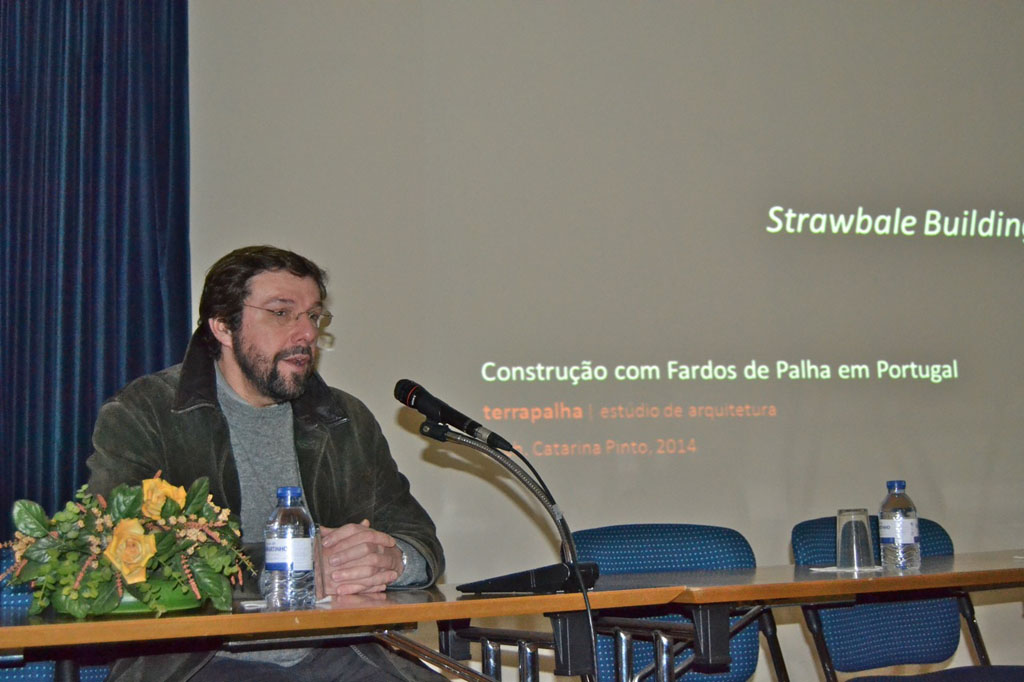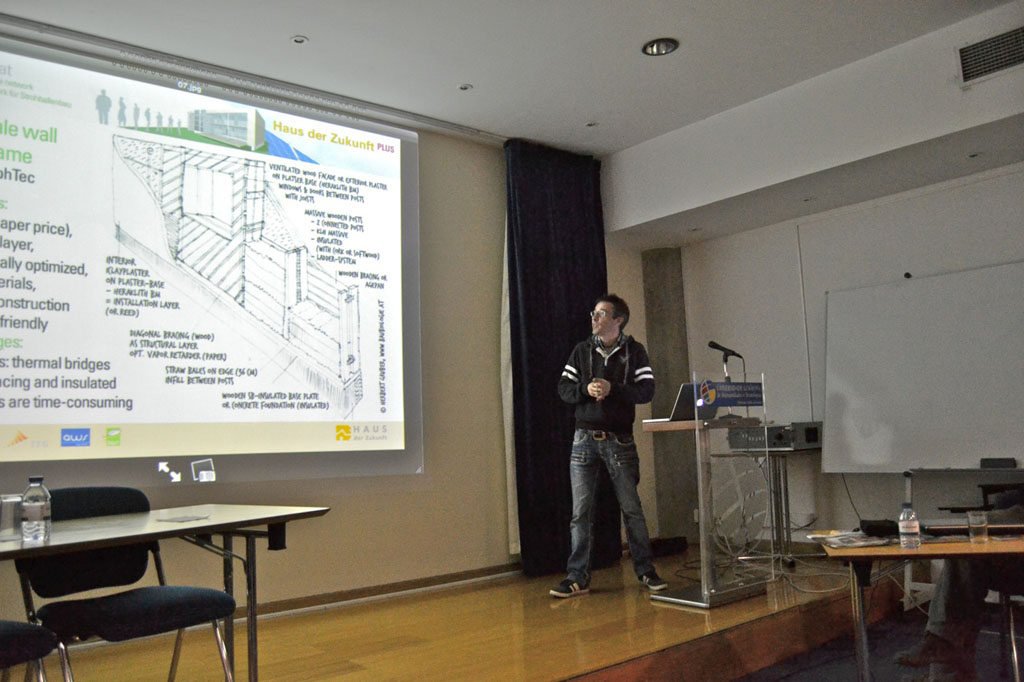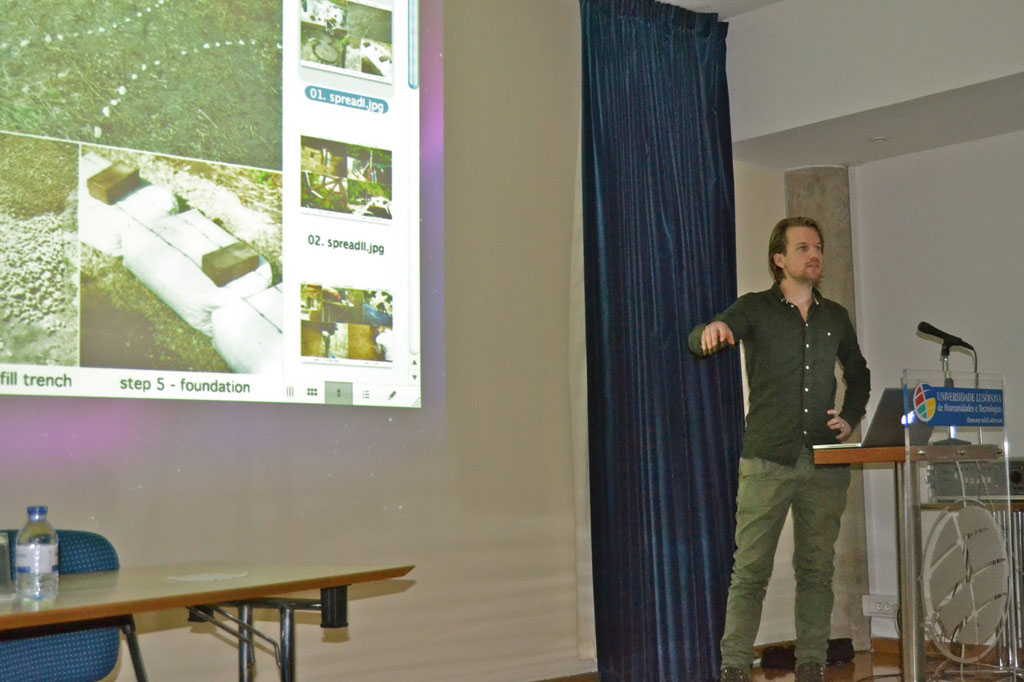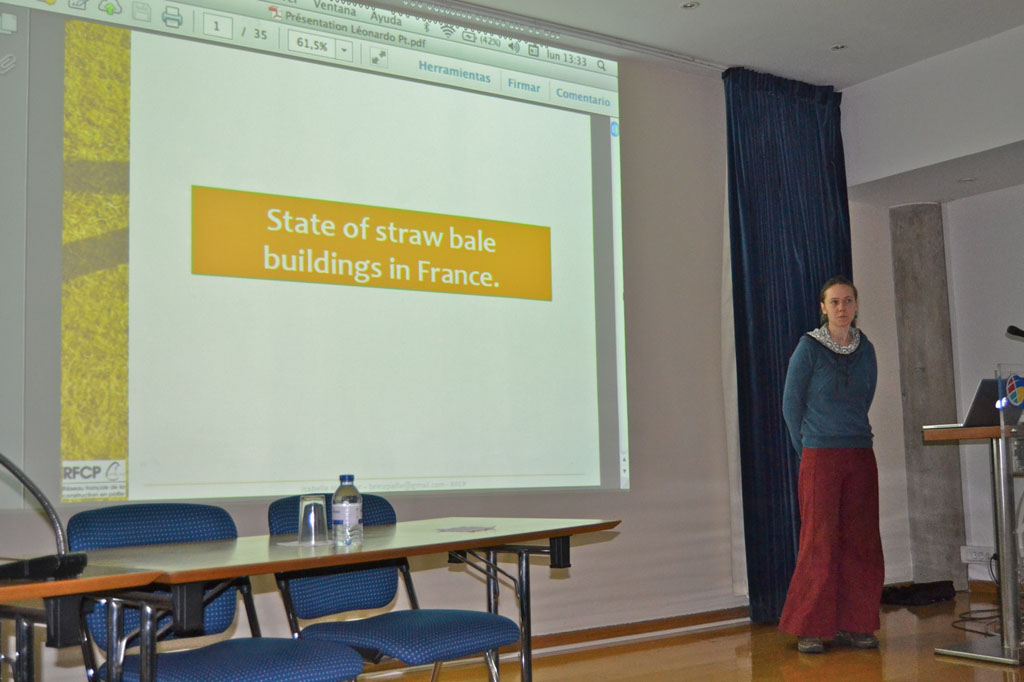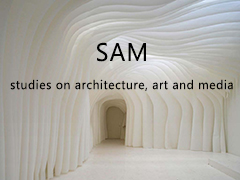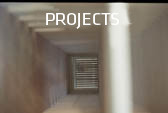STRAWBALEBUILDING TRAINING FOR
EUROPEAN PROFESSIONALS STEP
Contact Person and Invited researcher from LabART
Catarina Pinto Arch.
Researchers:
José Lima Ferreira, Arch
Maria Inês Cabral, PhD. Arch
ABRIGO - arquitectura efémera e de emergência- investigação sobre as problemáticas de uma arquitectura efémera.
Pretende-se gerar uma reflexão sobre a concepção arquitectónica de abrigos e equipamentos transitórios ou provisórios
realizados para colmatar necessidades urgêntes. Reflexão sobre uma arquitectura que nega a permanência e a marca
territorial. Reflexão sobre o confronto dos paradigmas da ecologia e sustentabilidade arquitectónica face a uma
arquitectura que se pretende efémera, transitória e móvel. A investigação pretende derivar da prática projectual e das
questões que a mesma levanta. Parcerias a realizar com: Arquitectos Sem Fronteiras Portugal - ASF Portugal;
Architecture For Humanity Lisbon . Portugal; Building 4Humanity - Designing and Reconstructing Communities
Association).
SHELTERS - ephemeral and emergency architecture - research on the problems of an ephemeral architecture. It is
intended to generate discussion on the architectural design of transitional or temporary shelters and equipment made to
address urgent social needs. Reflection on an architecture that denies permanence and territorial footprint. Reflection on
the clash of paradigms of ecology and sustainability in the face of an architecture that is intended to be ephemeral,
transient and mobile. The research aims to derive from project-oriented and issues raised by the design. Partnerships to
accomplish with: Architects Without Borders Portugal - Portugal ASF, Architecture For Humanity Lisbon. Portugal;
4Humanity Building - Designing and Reconstructing Communities Association).
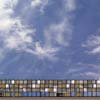
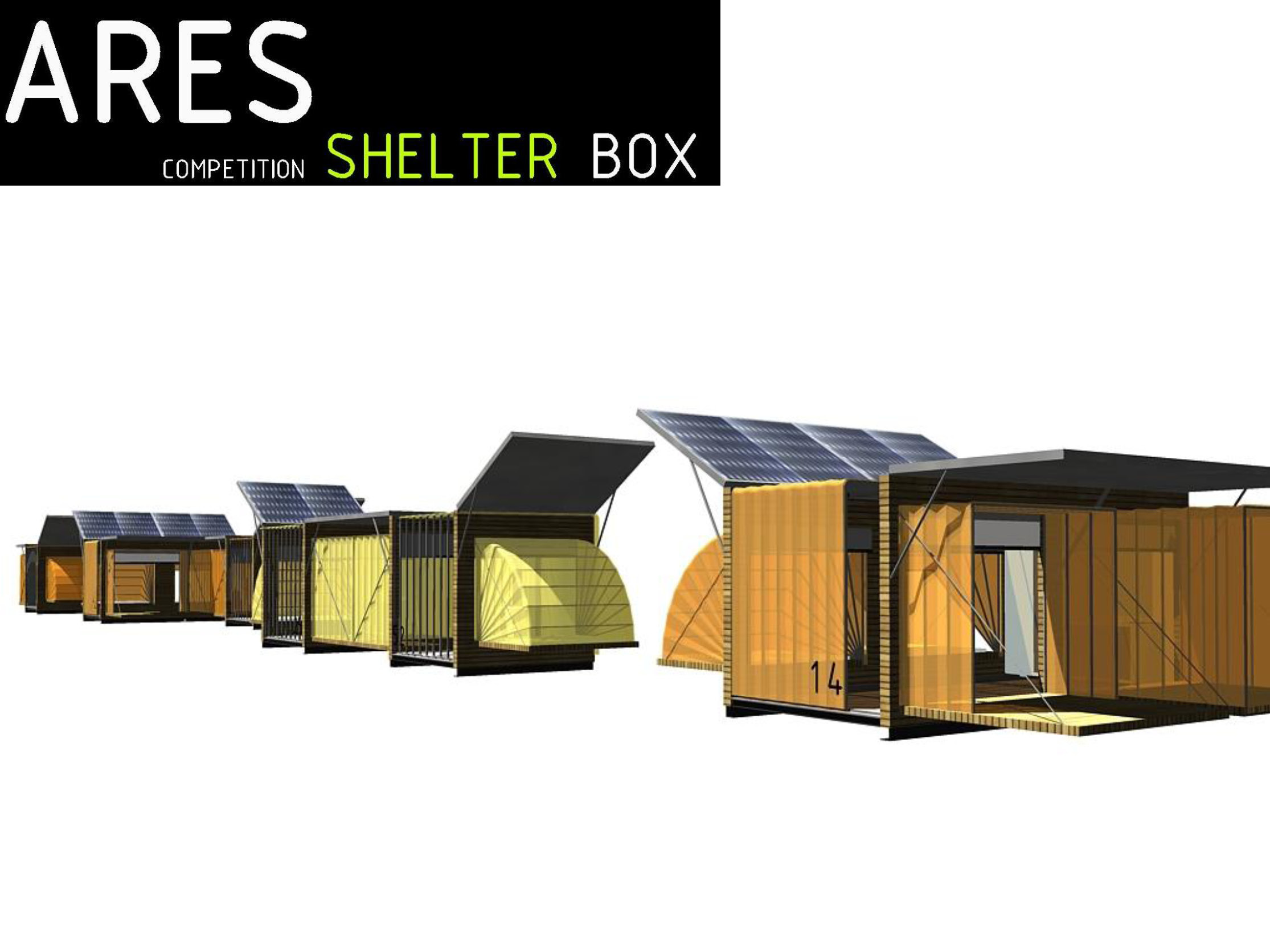
AJLS - Arquitectos
AJLS - Arquitectos
LLP Program
PT1 LLP (PROALV)
Lifelong Learning Programme
Strawbalebuilding Training for European Professionals STEP
Program ID: 2013-1-CZ1-LEO04-142324
In the "European Learning Partnership for Sb-building" the partners develop the structure for a training program of 10
units. In the European "learning Partnership for Professional Training in Straw Bale Building" 2011-1-BE-3-LEO-04-
03605-2 training techniques of new partners have been incorporated. Guidelines on best practice and details have been
set up. European ECVET training system has been incorporated with clearly defining skills, knowledge and competences
for all units.
The main aims of STEP are to test and consolidate the innovative Strawbale training programme and create a supporting
traines Handbook "STEP" with best practice and defined testing criteria, to test the materials and tools created in the last
partnership projects, and devise and assess methods of evaluation and certification of the acquired skills and learning
outcomes.
The planned partnership STEP will provide mutual support on how to put into practice this aim by testing and evaluating
and assessing practical workshops in the partner countries. At European meetings the partners will give mutual advice on
how to best teach and assess the LOs by using the ECVET system and develop evaluation sheets for mutual feedback.
OBJECTIVES:
Making high quality training accessible and transportable to craftspeople all over Europe, the training program can be
used to support local and national SBB development. The raining program can be incorporated into individual national
vocational training and qualification frameworks.
The ECVET SBB training program will enable each partner country to organase and implement the developed SBB training
program to be able to offer this Europe wide.
Projected outcomes of this project are likely to be an application for a "transfer of innovation project" for the
implementation of all project results, e.g. through the translation of the SB training program and a handbook into national
languages.
SUBJECTS:
1. Evaluation sheets to assess LO's (knowledge, skills and competence) - create criteria for evaluation/test criteria
through pilot trainings in partner countries.
2. Validation of Lo's through - certificates of achievement - certificates of attendance.
3. Test / Evaluate all the materials produced in the training program /info sheets and session plans
4. Partnership contract - make (memorandum of understanding)
5. Draw up pedagogical guidelines
6. Draw up bibliography
7. Develop Unit 10 - Train the traiiner
8. Draw up Teaching Methods
9. Draw up Marketing and Communication
European Learning Partnership for Professional Training in Straw Bale Building
Pro Training SBB
Program ID: 2011-1-BE-3-LEO-04-03605-2
A large European network has been established following the EU conferences in 2007 & 2009, encouraging continued
cooperation on national levels. International climate change debate has increased the validity of strawbale as a
contemporary construction option as a sustainable new building material with excellent insulation qualities. Several
national associations have since established, with the aim of promoting SB-building and gaining regulatory approval for
this new building method. Various construction methods have been developed in the different regions of the EU. Now
there is a strong need for extensive cooperation between the national associations to define and share best building
practice and to provide professional training.
In the European Learning Partnership for SB-building 2009-1-GB-2-LEO-04-01444-25 the most experienced national
organisations developed the structure for a training program of 10 units and created a model for comparing 6 common
Straw Bale (SB) techniques from some European countries.
The results of the first SB Leonardo project now need to be extended and developed, and it is necessary to incorporate the
build and training techniques of new partners, to produce clear guidelines on best practice techniques and details, and
incorporate these into a European ECVET training programme for delivery throughout Europe.
An intensive exchange of knowledge and best practice experience in both build and training will inform a high quality
training programme. The detailed topics of the 10 developed units will each need session plans with a corresponding
breakdown of knowledge, skills and competencies to be met and each topic needs supporting info, exercise and technical
sheets.
The target group is building professionals, craftspeople and trainers.
Preparatory Visit
Program ID: 2010-1-PT1-LEO06-07003
European Learning Partnership for SB-building
Program ID: 2009-1-GB-2-LEO-04-01444-25

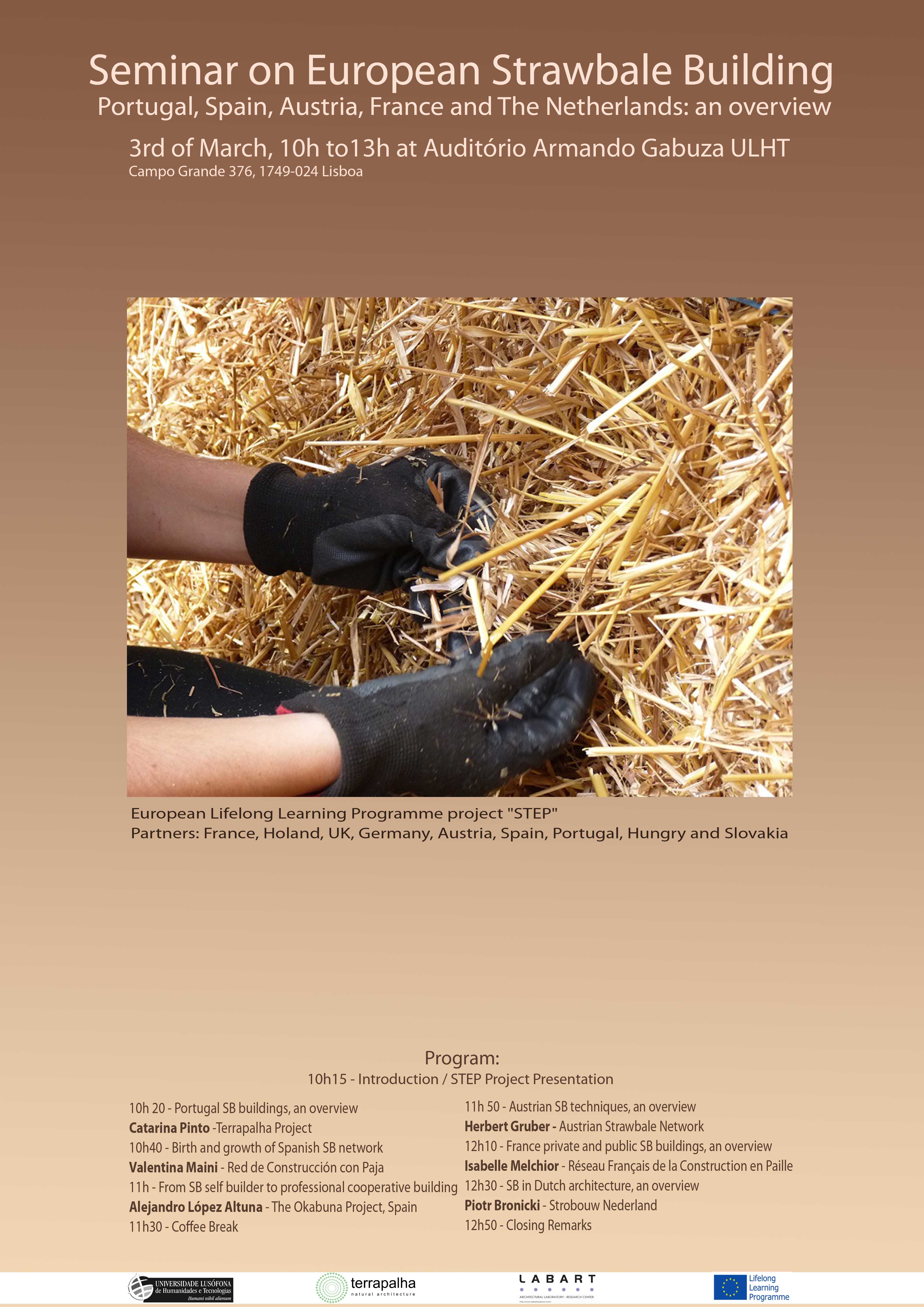
More photos from the mobility in Portugal here
Coordinator
Geert Goffin - Casa Calida vzw (Belgium)
Pertners
Sissy Hein - Fachverband Strohballenbau Deutschland e.V.
Wouter Klijn - Strobouw Nederland
Dirk EBERHARD - Les Compaillons Reseau Francais de la
construction en paille France
Miroslav Kasiak - Pospolitost pre harmonicky zivot Slovakia
Valentina Maini / Jose Minguez - Red de Construcción en Paja,
RCP, Spain
Barbara Jones - Amazonails, UK
Titusz Igaz / Eszter Adamikne Karcagi - Magyar Szalmaepitok
Egyesulete, Hungary
Maurizio Macri / Maria Angela Pucci - Edilpaglia associazione
italiana edilizia in paglia, Italy
Catarina Pinto - Universidade Lusofona de
Humanidades e Tecnologias, Portugal (LabART)
Herbert Gruber - asbn: Osterreichisches Netzwerk fur
Strohballenbau, Austria
Jonas Kacerauskas - SIAUDINUKAS, Lithuania
SHELTERS: EPHEMERAL, SUSTAINABLE AND
EMERGENCY ARCHITECTURE
Scientific coordination:
João Menezes de Sequeira
Researchers
Luisa Paiva
Guests
2011 -Ludmila Florinda Baptista Coelho (shelter -
habitação de emergência)
2011 - Rodrigo Faustino de Carvalho (génese da
arquitectura portátil)
2012 - Sara Santos Daniela Pires dos Santos (casa na
barragem uma abordagem modular)
2015 - Daniel Alexandre Lança (catástrofe em
Lisboa, o sismo do séc. XXI - Habitações provisórias
na freguesia da Penha de França)

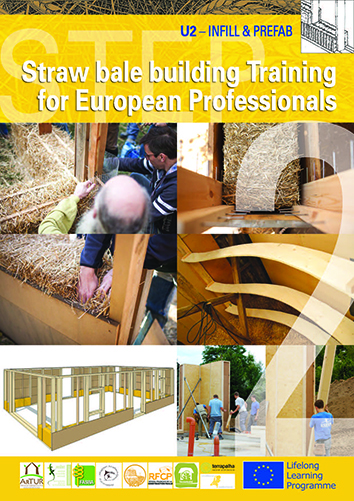
Exemples of the outcome manuals for training in straw bale building, Unit 1 and 2 of 10
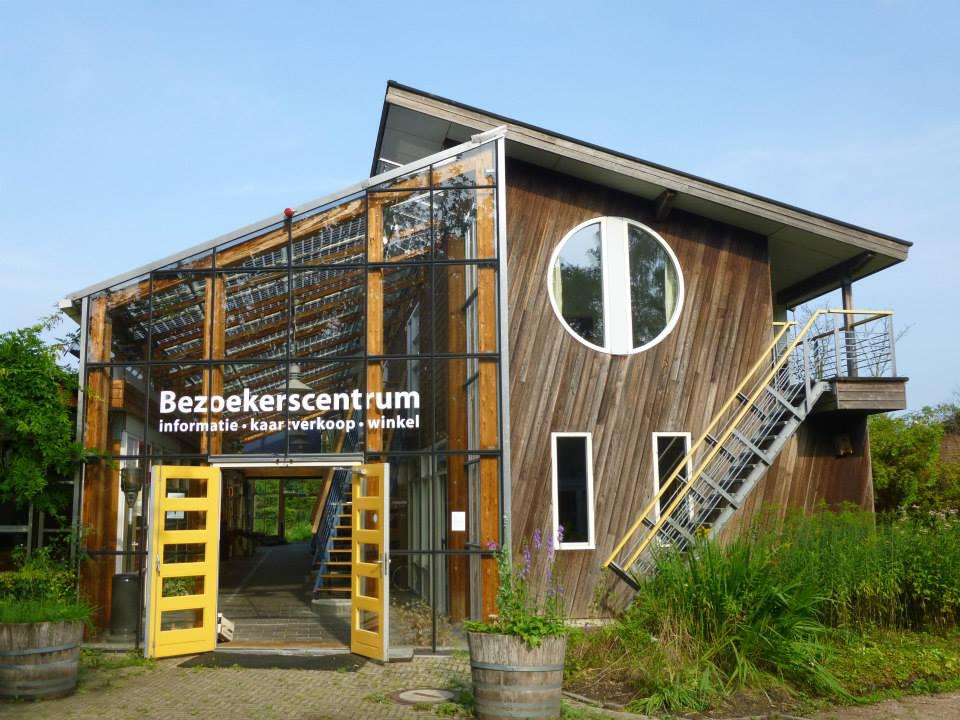
Meeting in Boxtel, Netherlands, June 2015



SUSTAINABILITY, ARCHITECTURE AND LANDSCAPE - ARCHITECTURE AND TECTONICS



L A B O R A T O R I O . D E . A R Q U I T E C T U R A . E . A R T E S - C E N T R O . D E . E S T U D O S - LabART
L A B. . F O R . A R C H I T E C T U R E . A N D . A R T . P R O J E C T S. - R E S E A R C H . C E N T R E
Contacts
Rua das Janelas Verdes nº 32 Porta 19 1200-691 Lisboa (LabART - Artes)
Av. D. Vasco da Gama nº 52, 3Dtº 1400-128 Lisboa (LabART - Arquitectura)
phone: +351 213 901 567 / +351 213 021 312 Mobile: +351 919 321 164
Copyright ©2011 LABART - João Sequeira
updated in 2018
